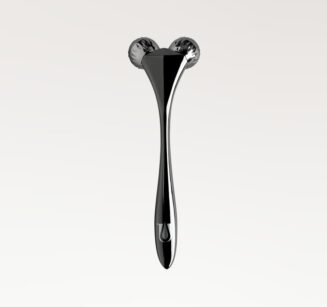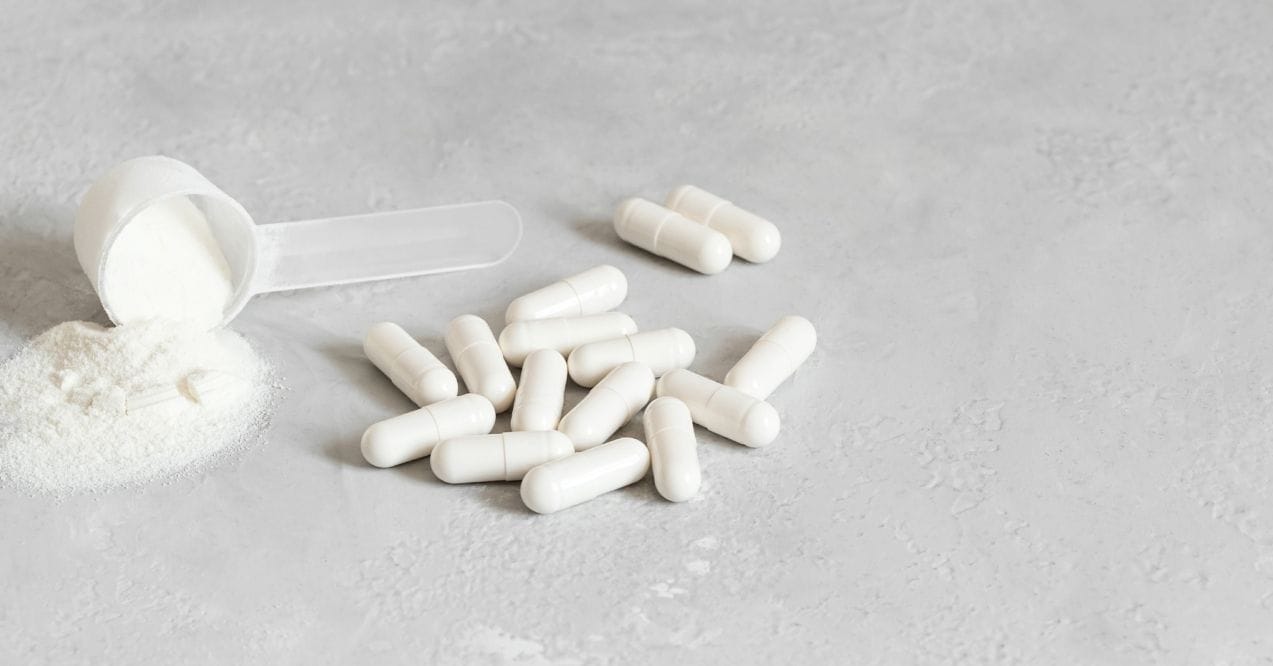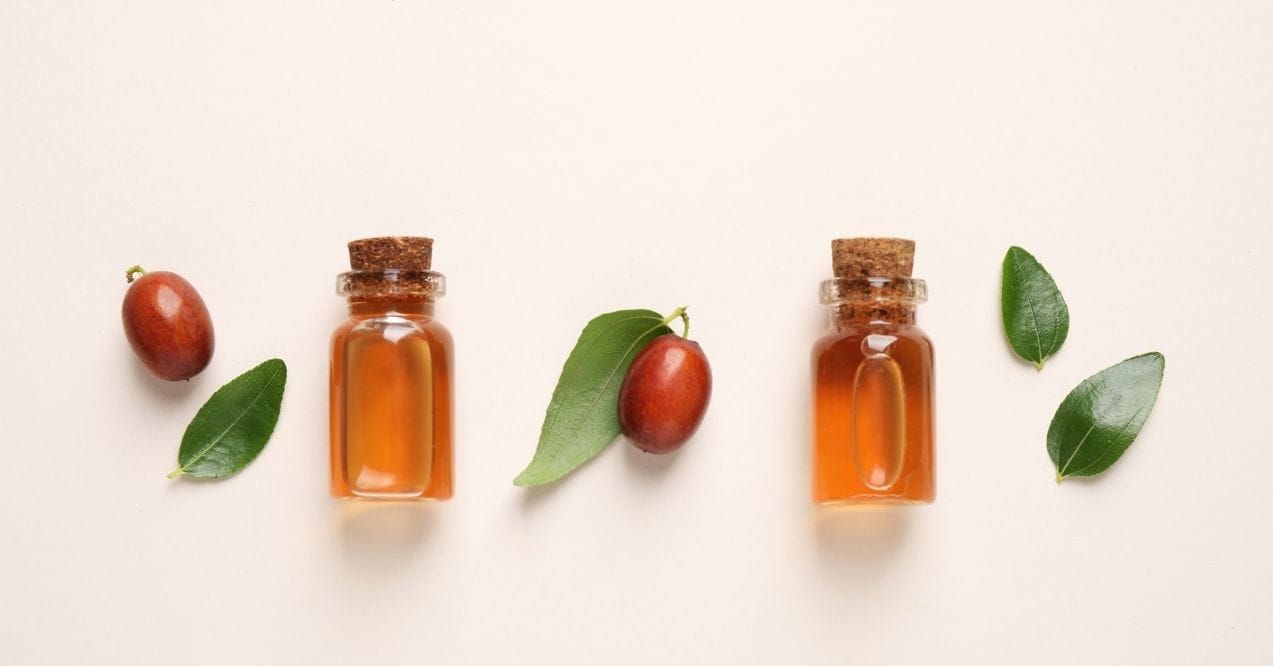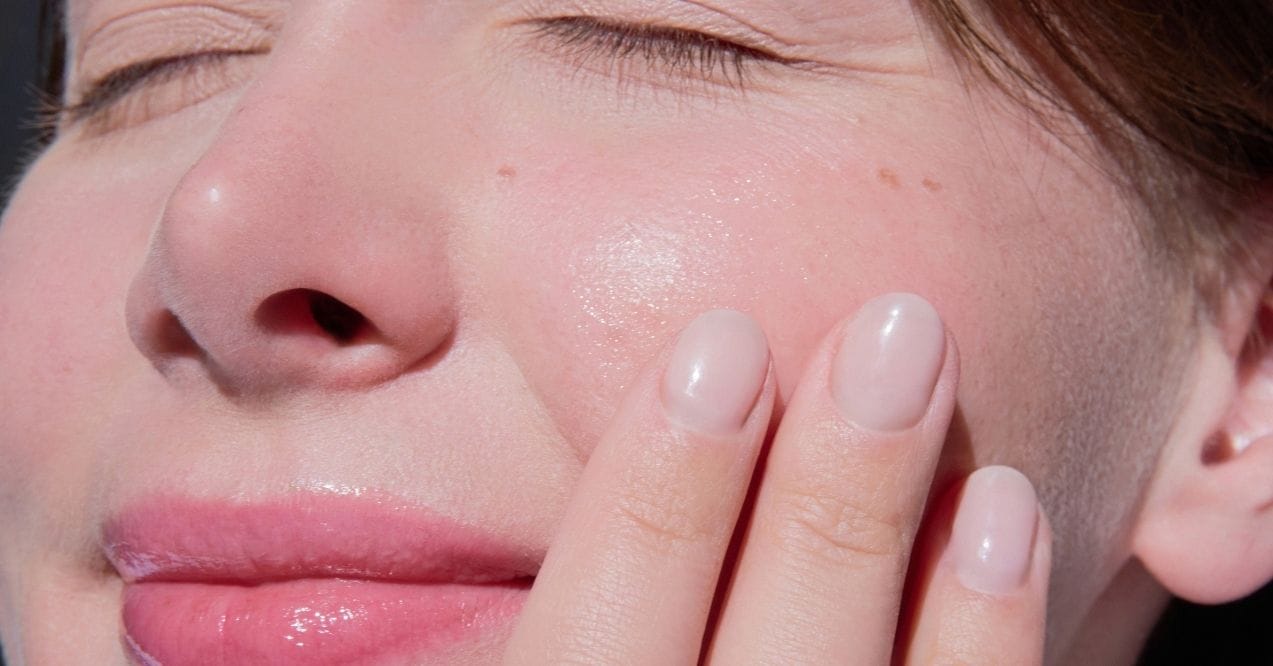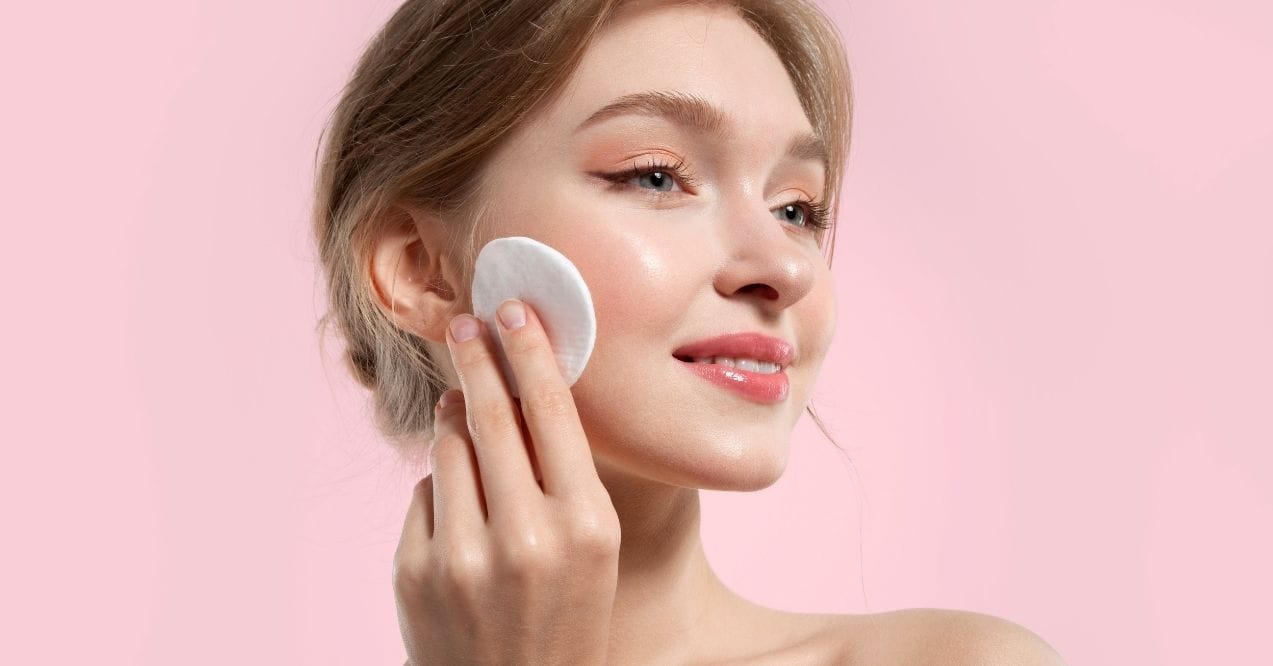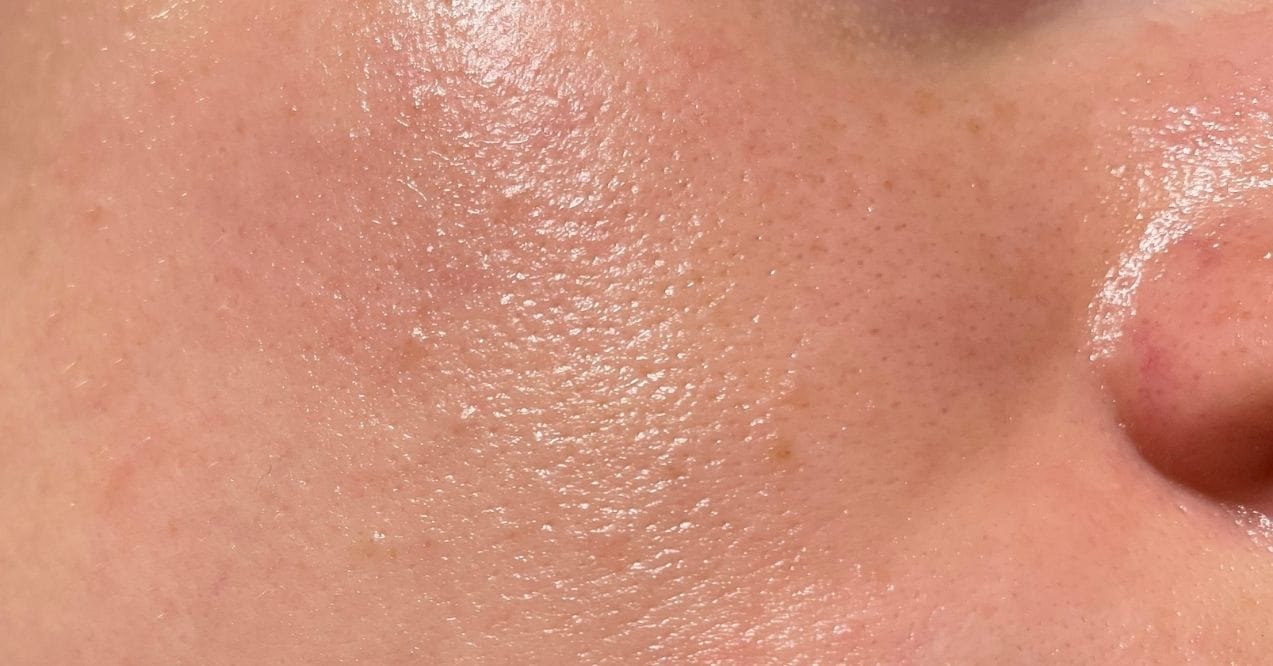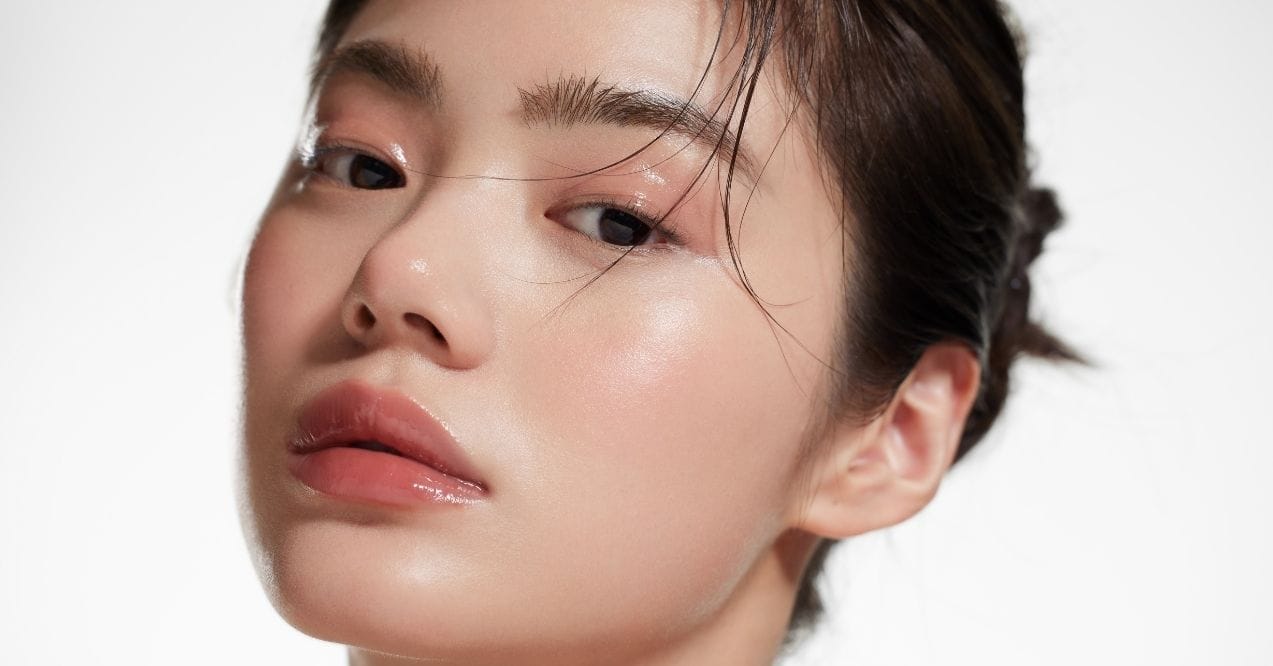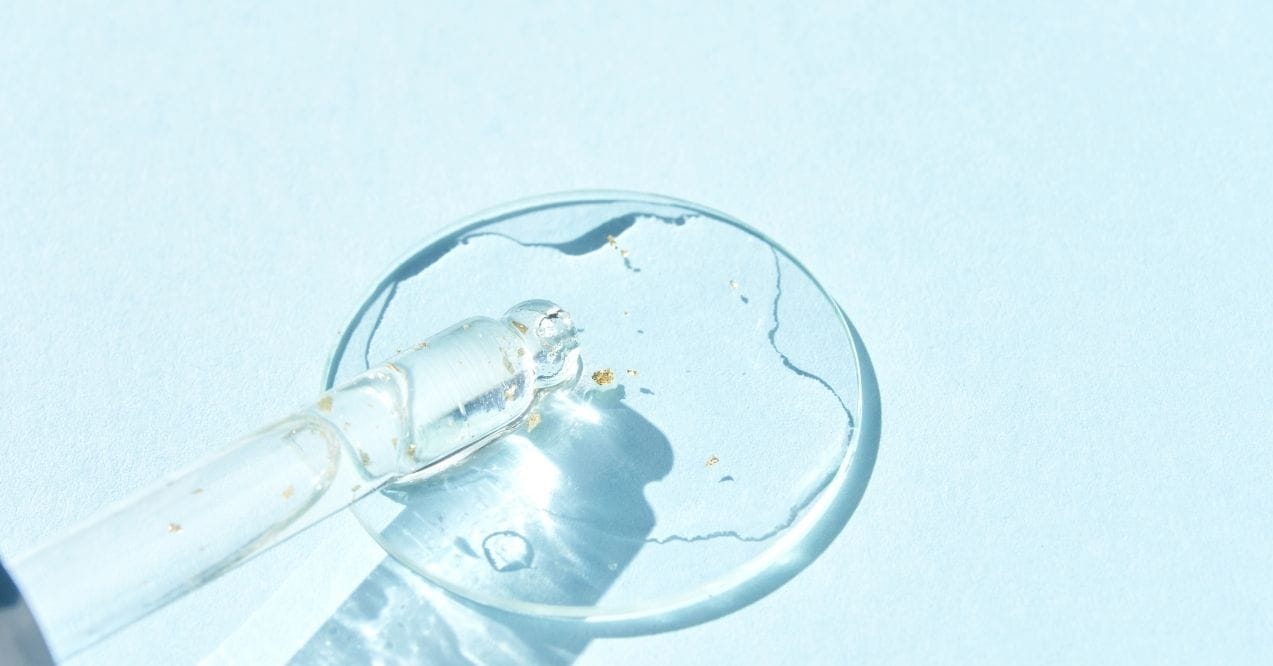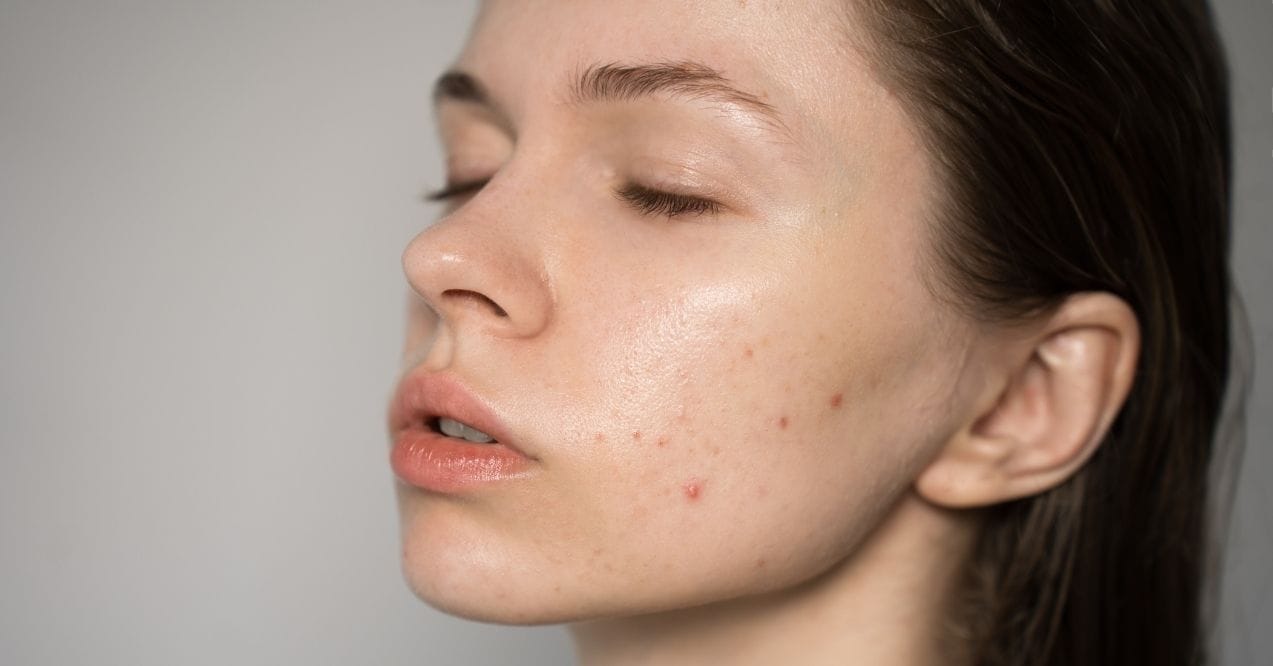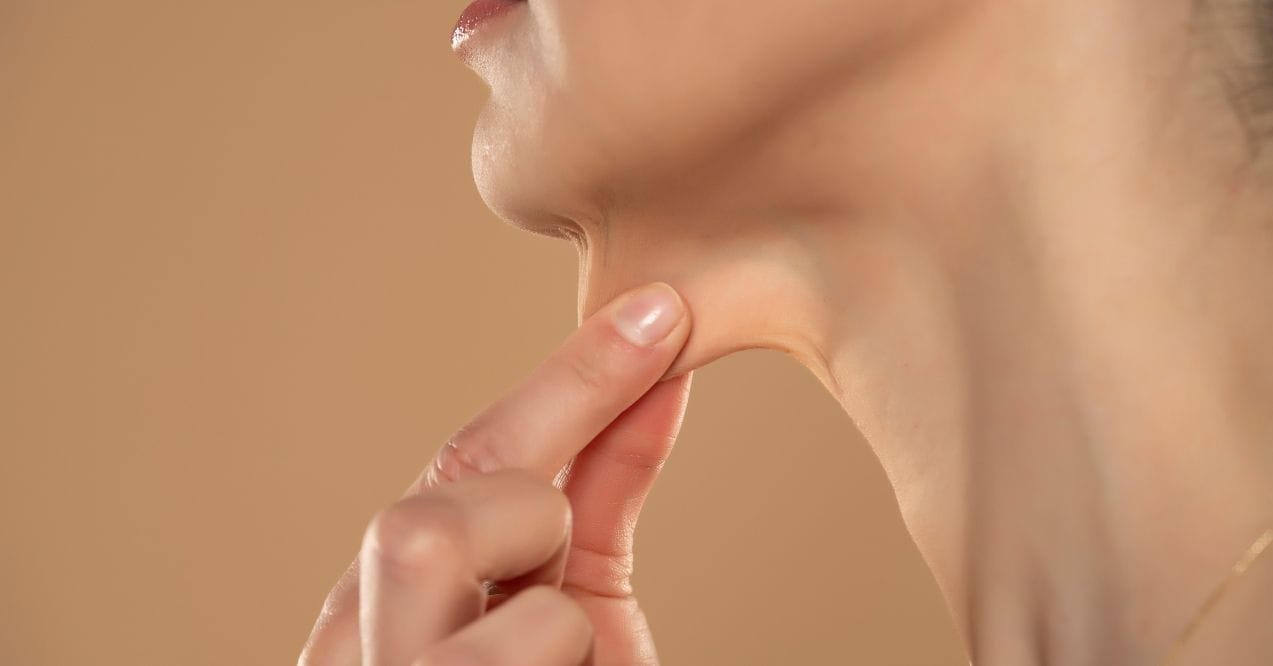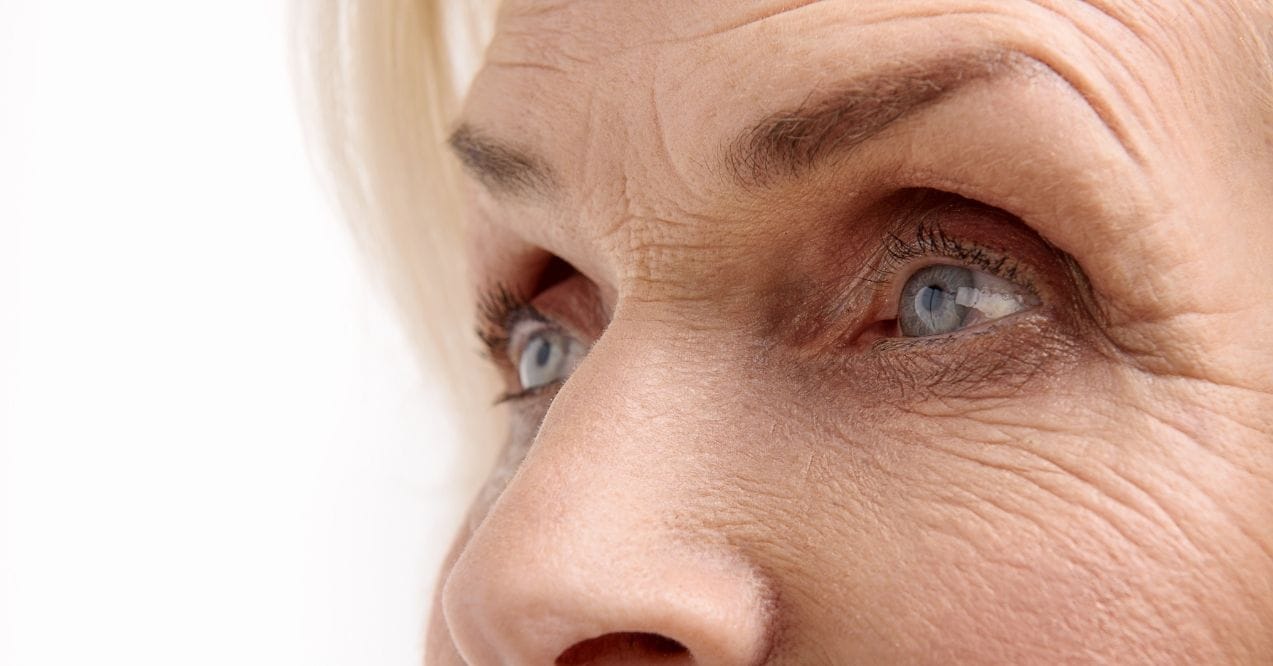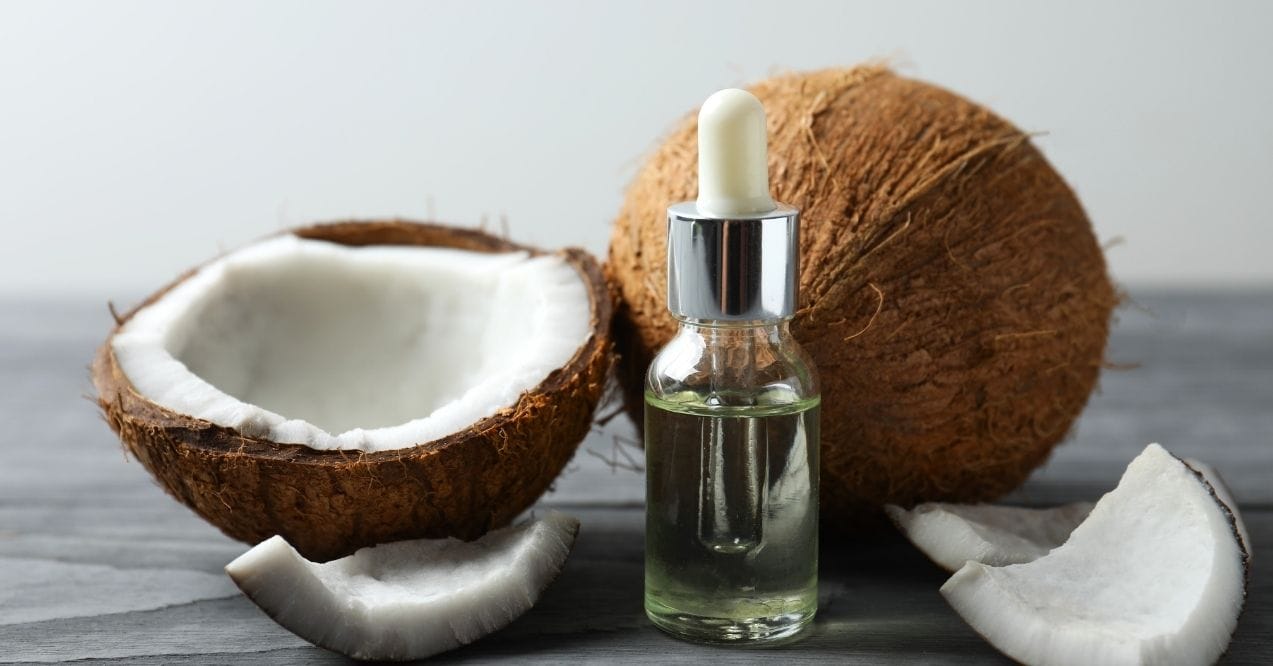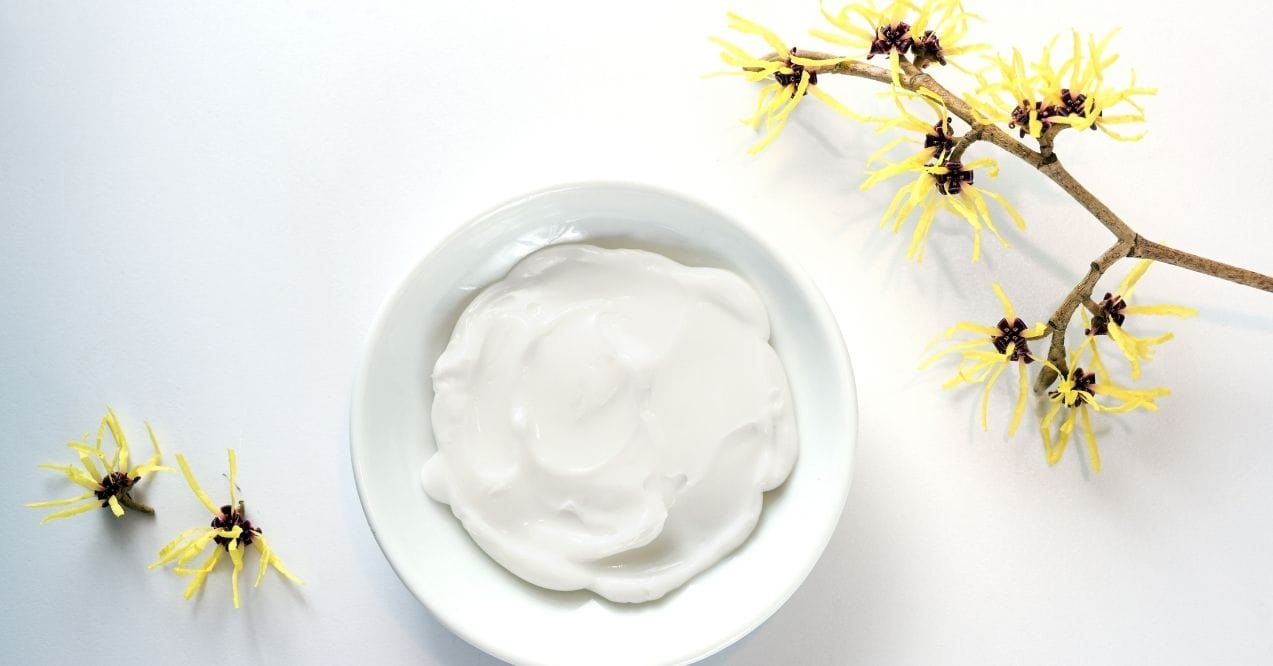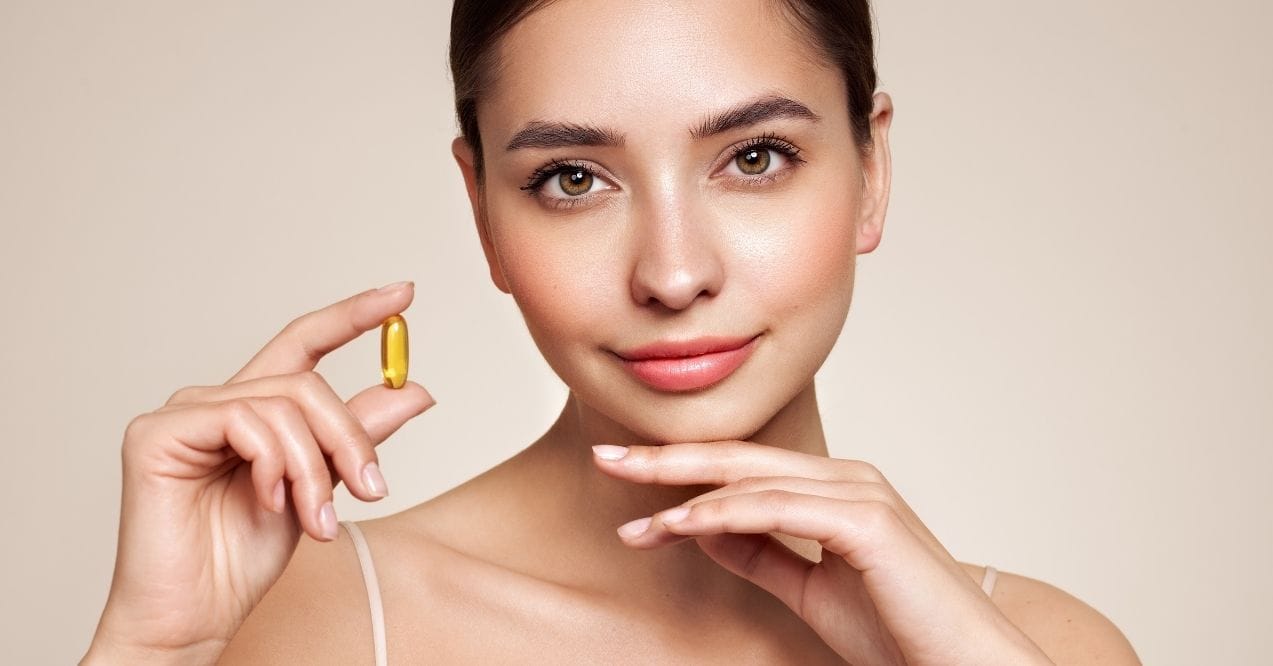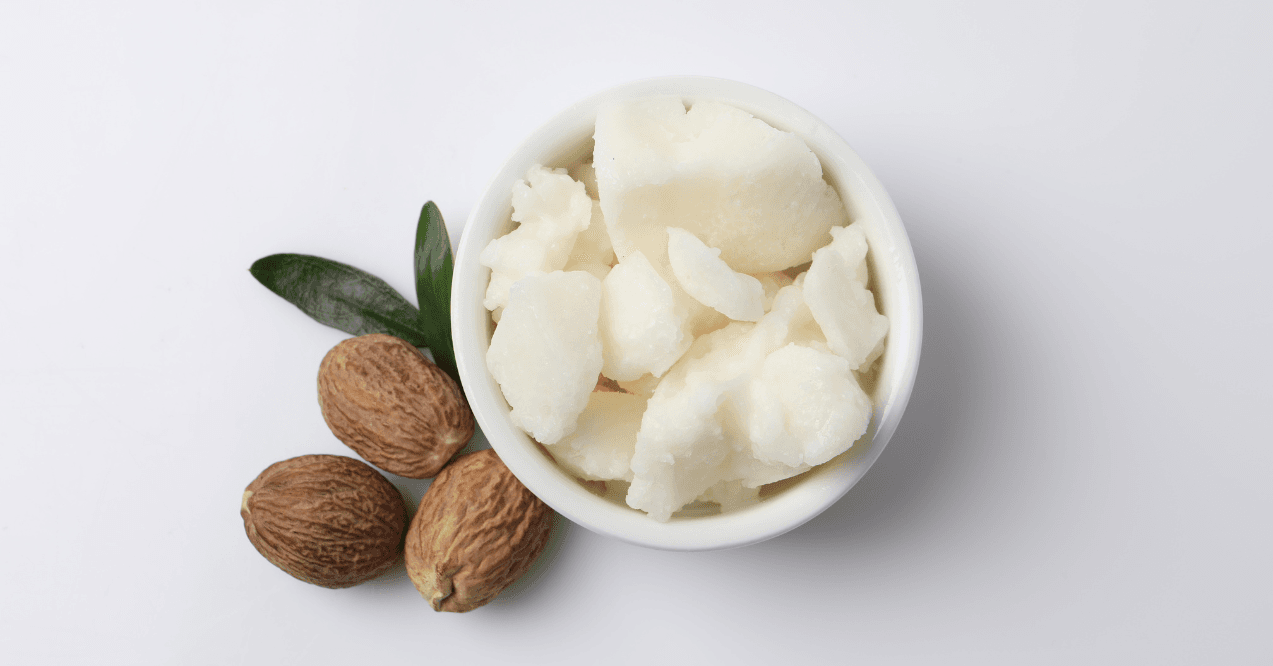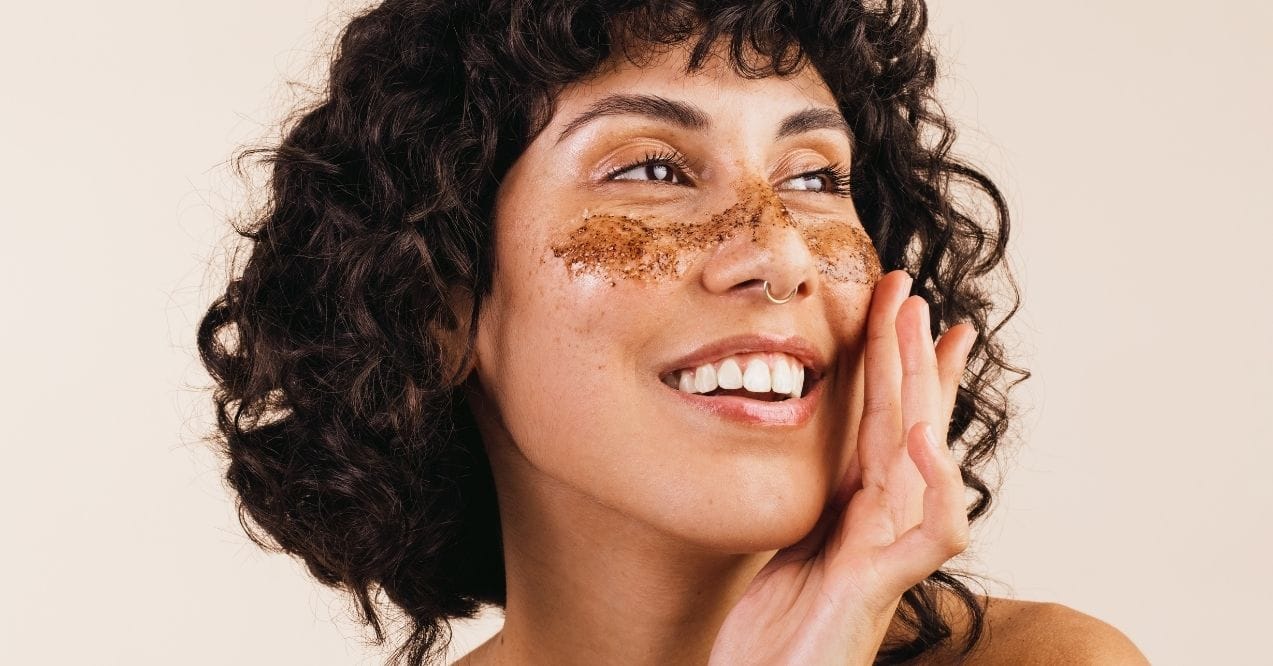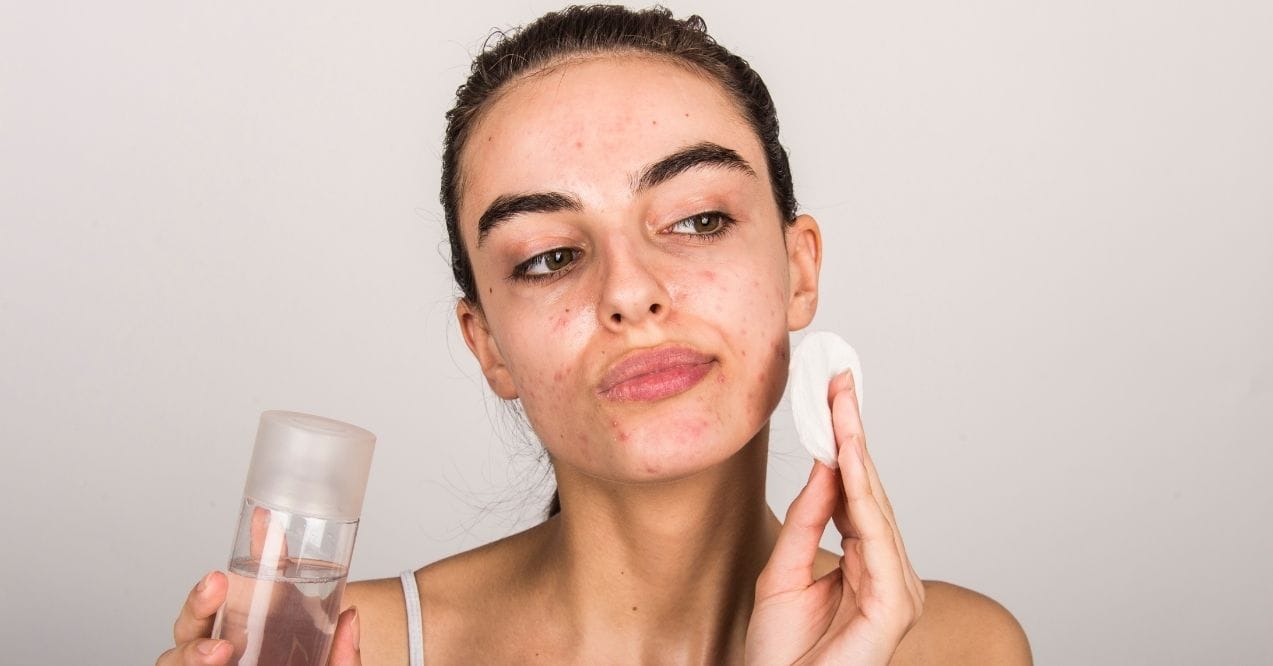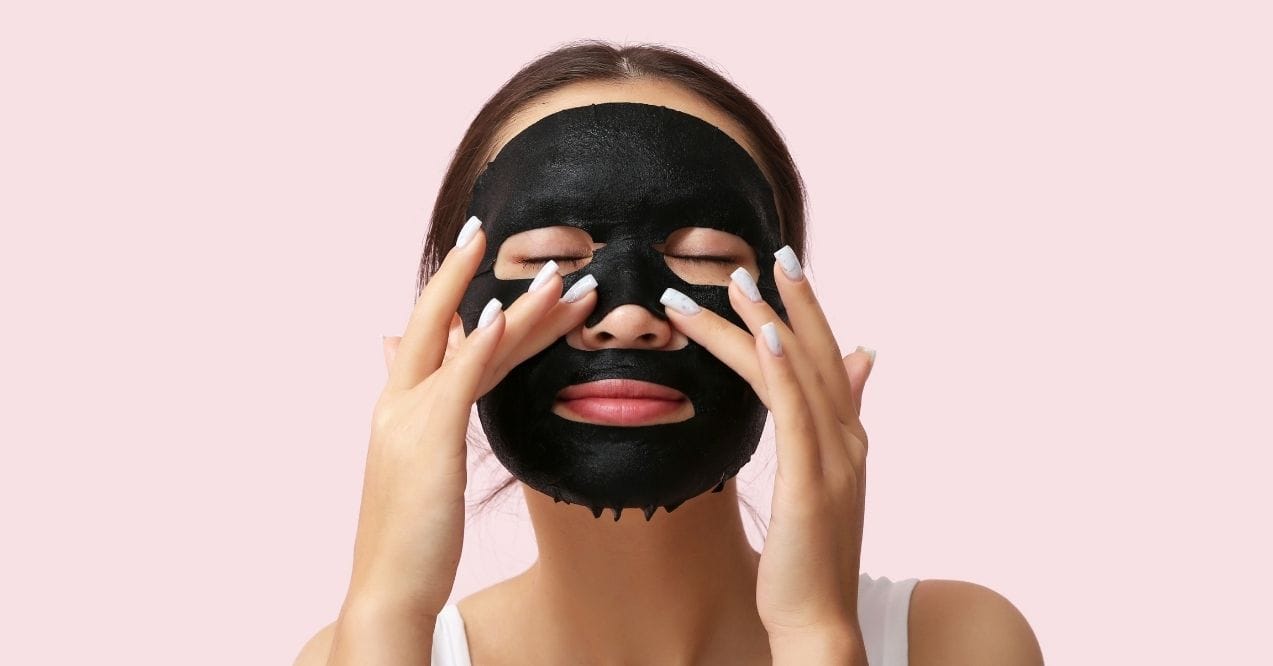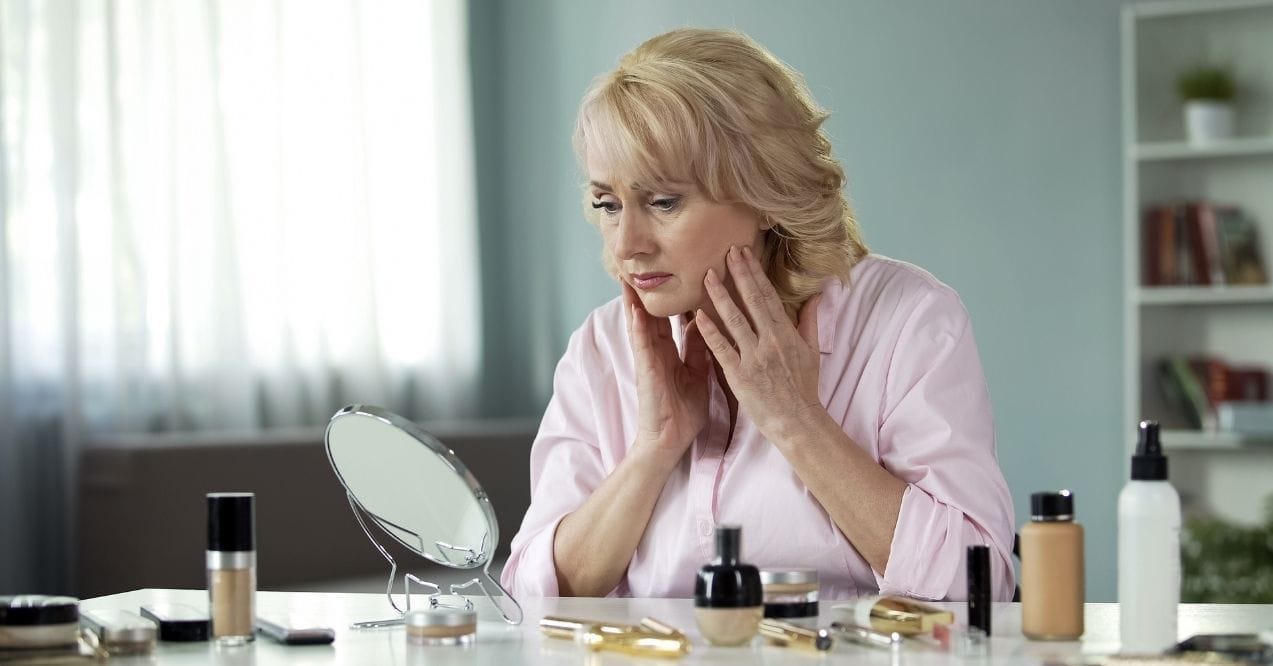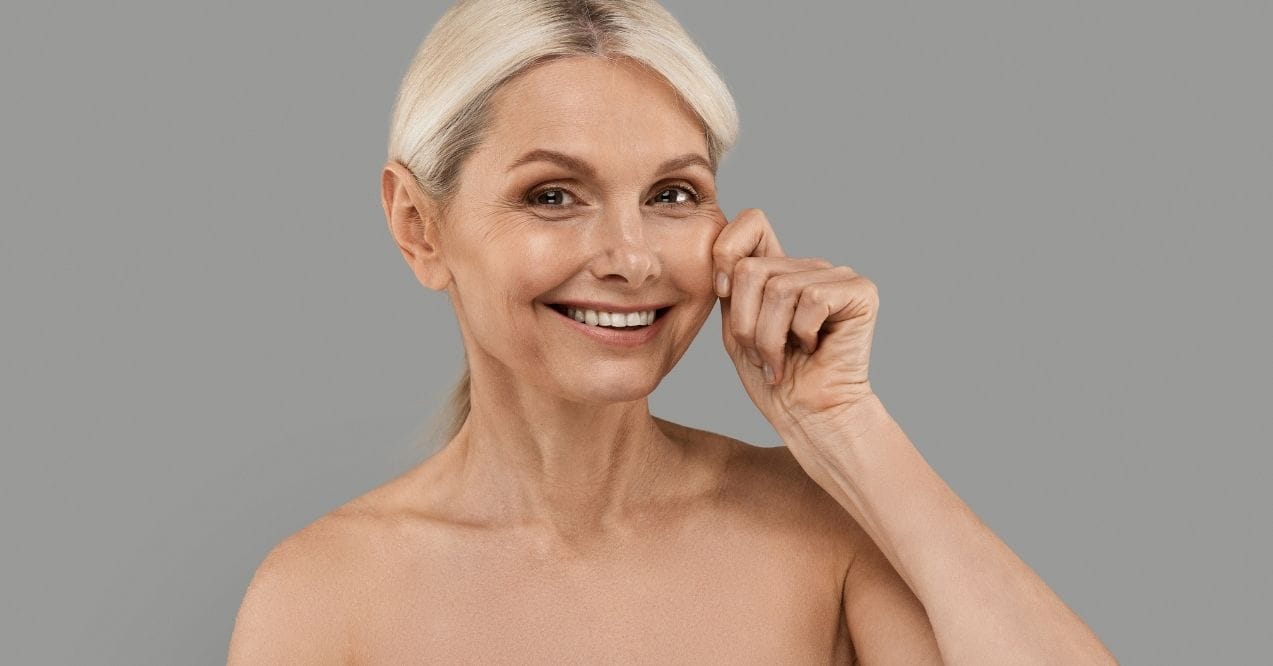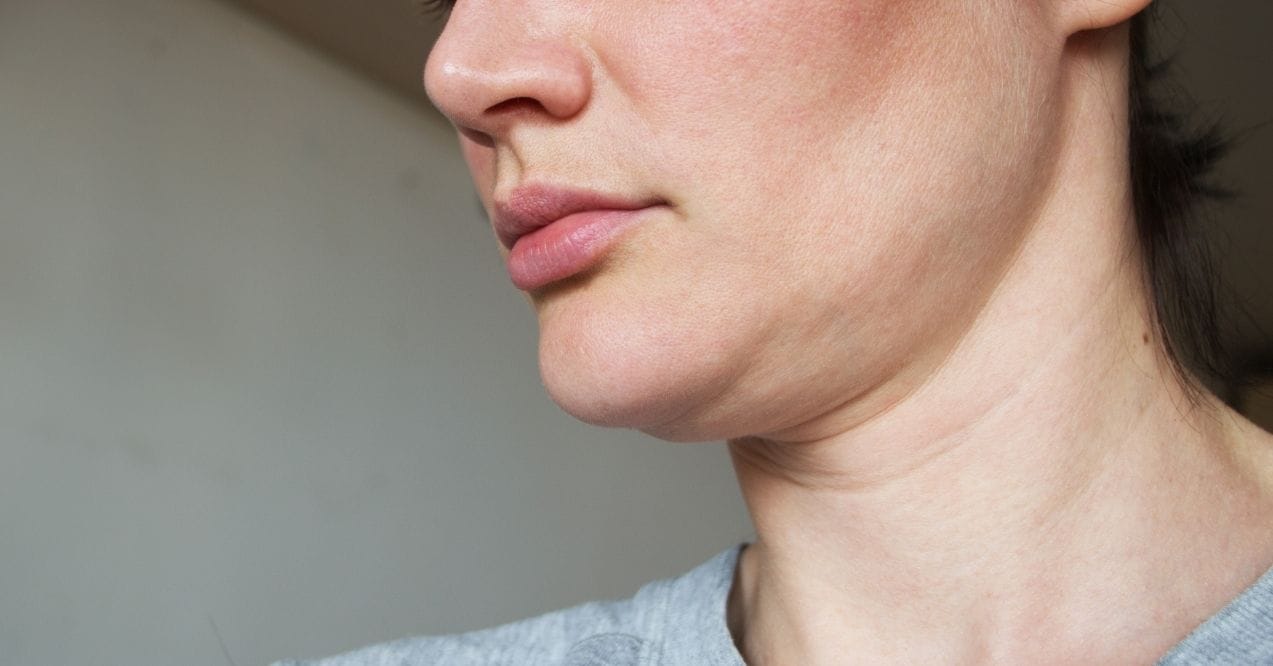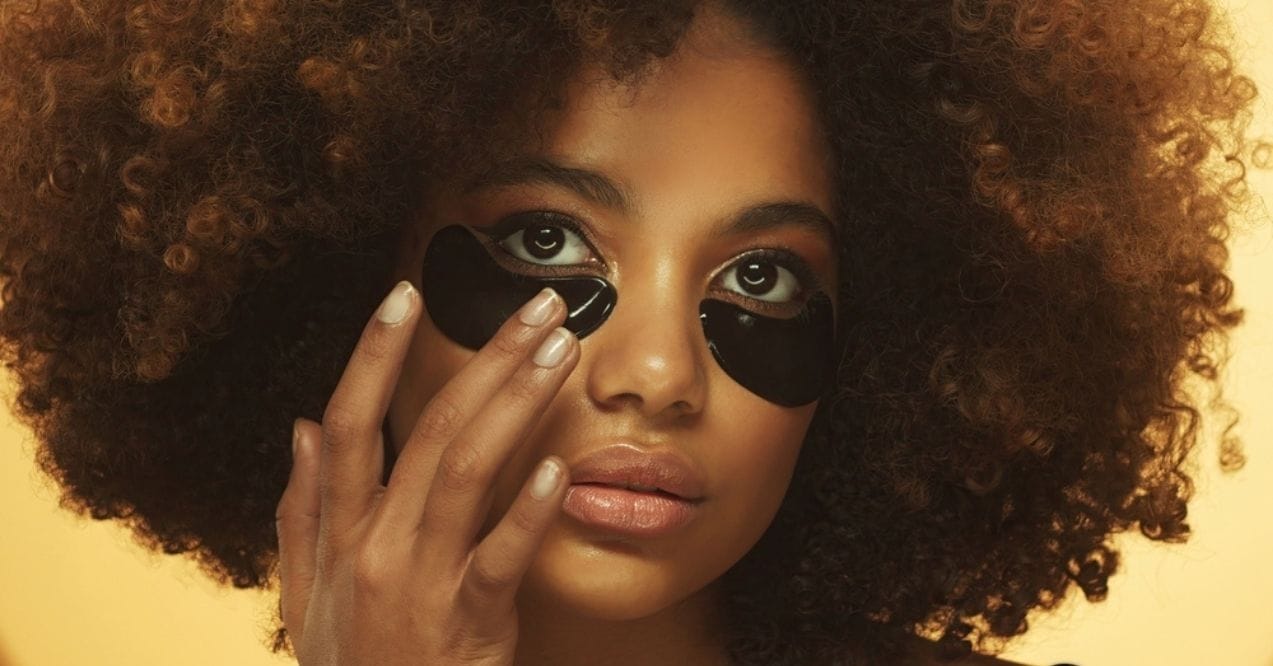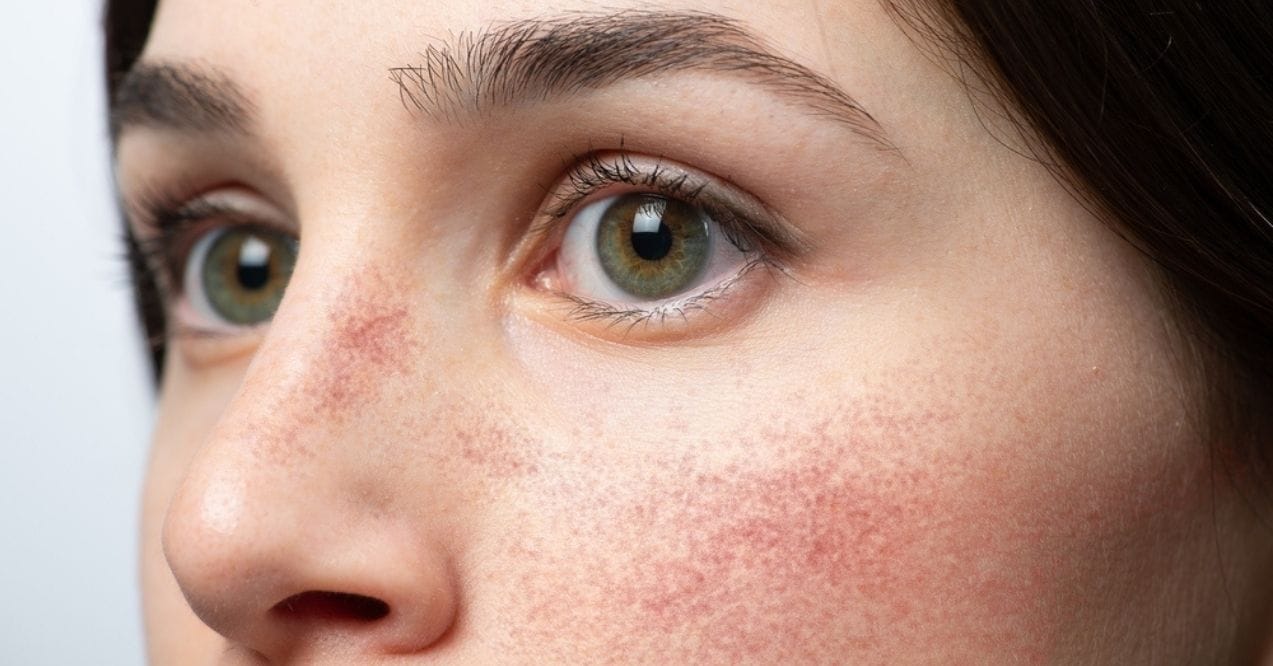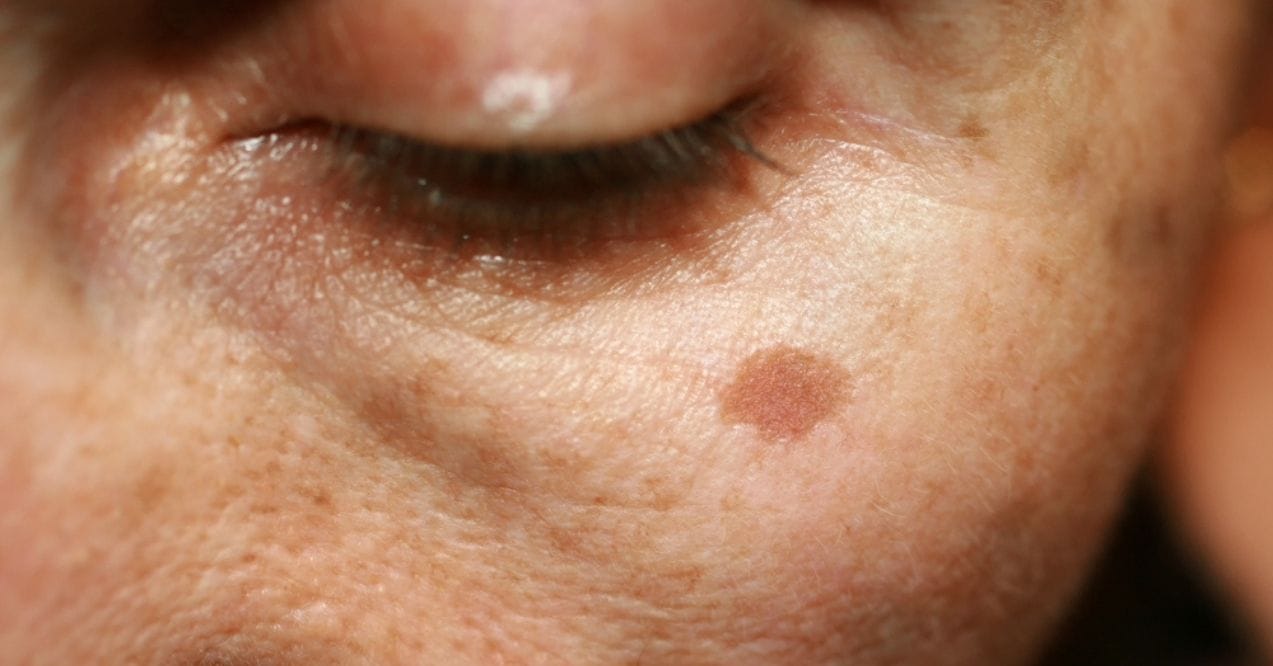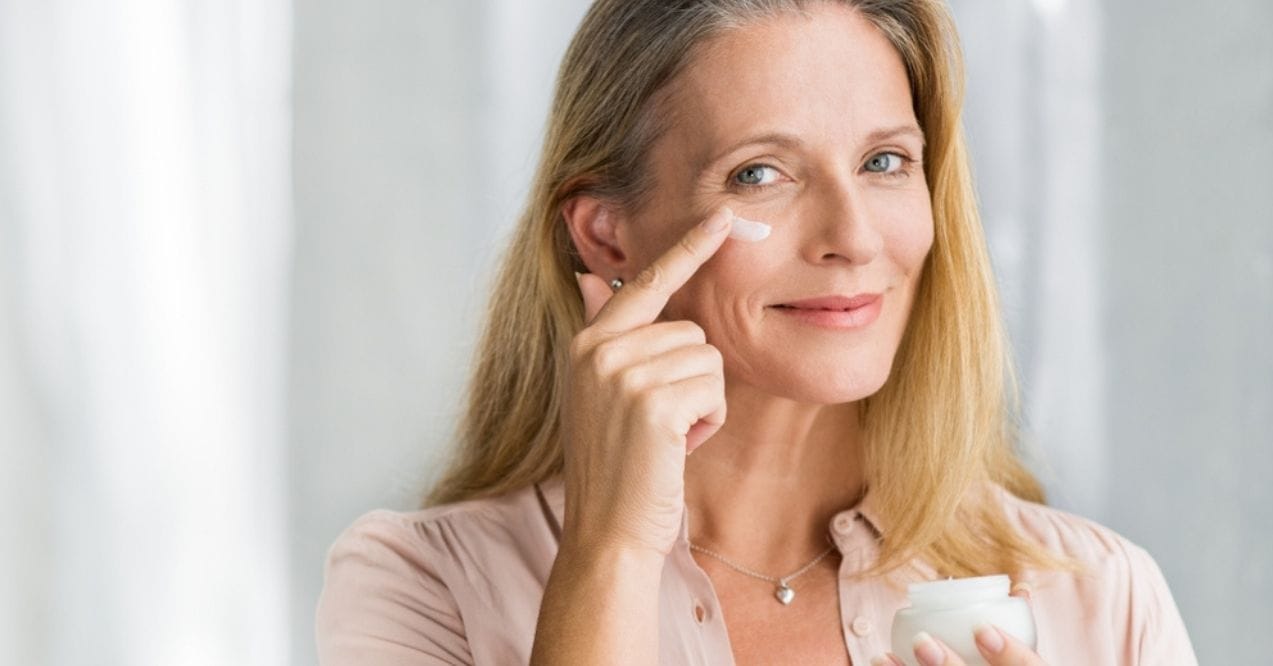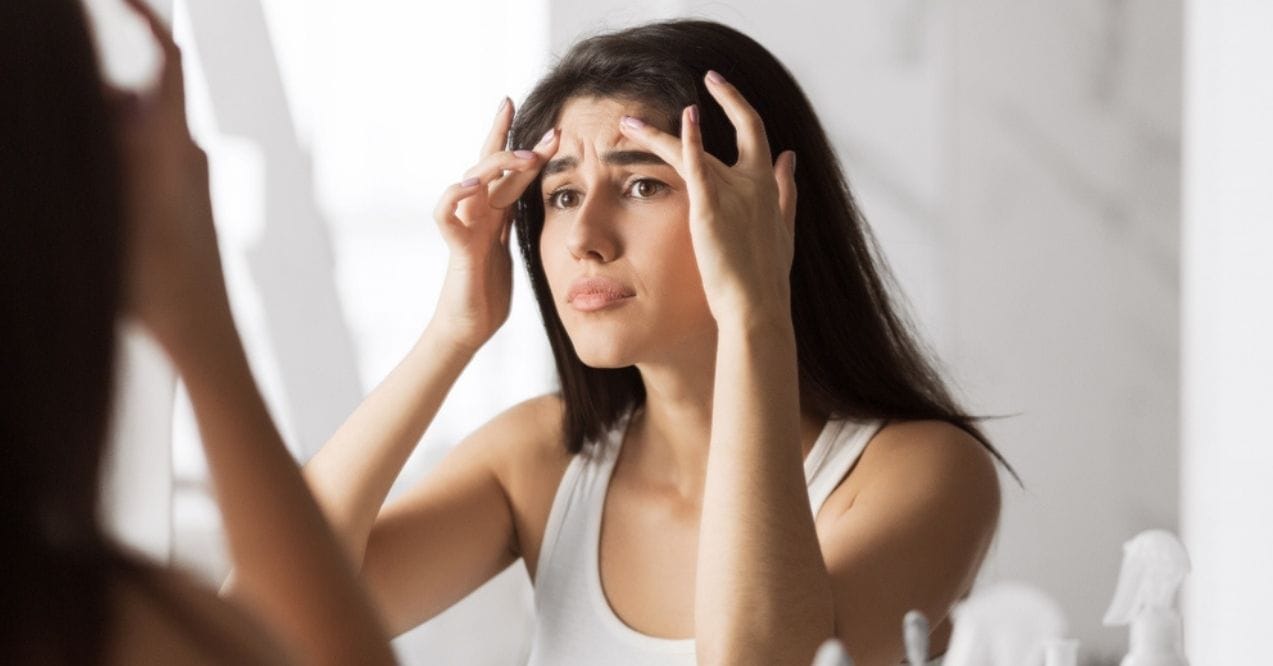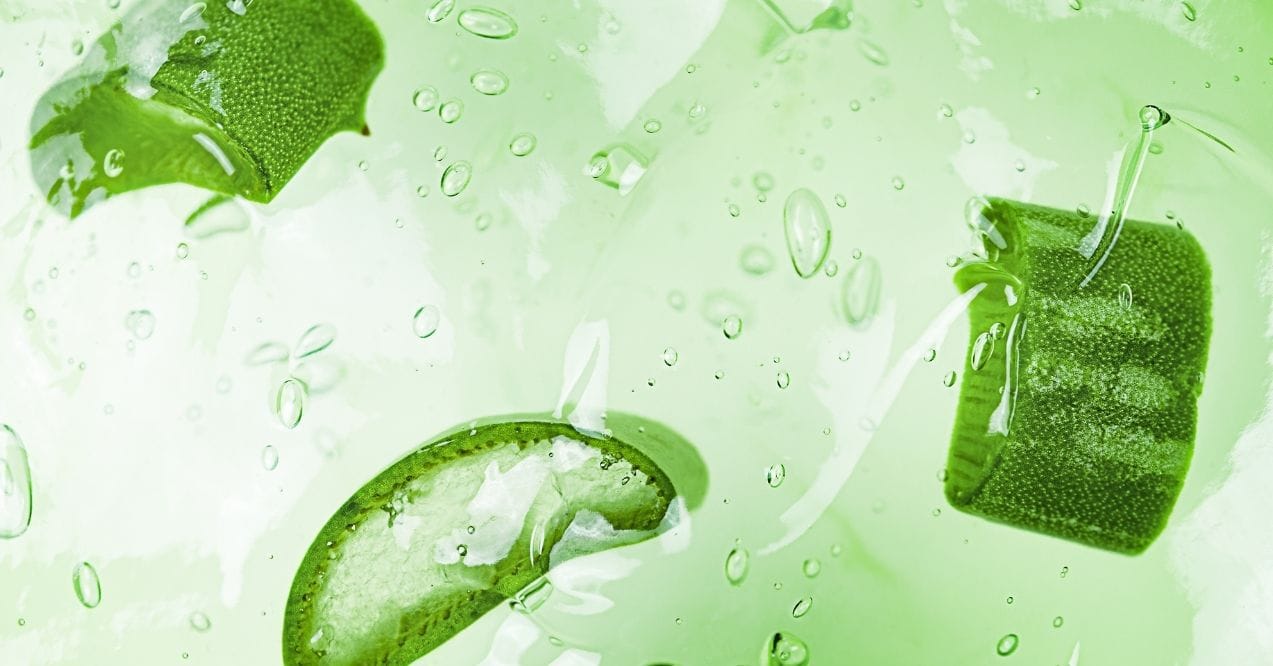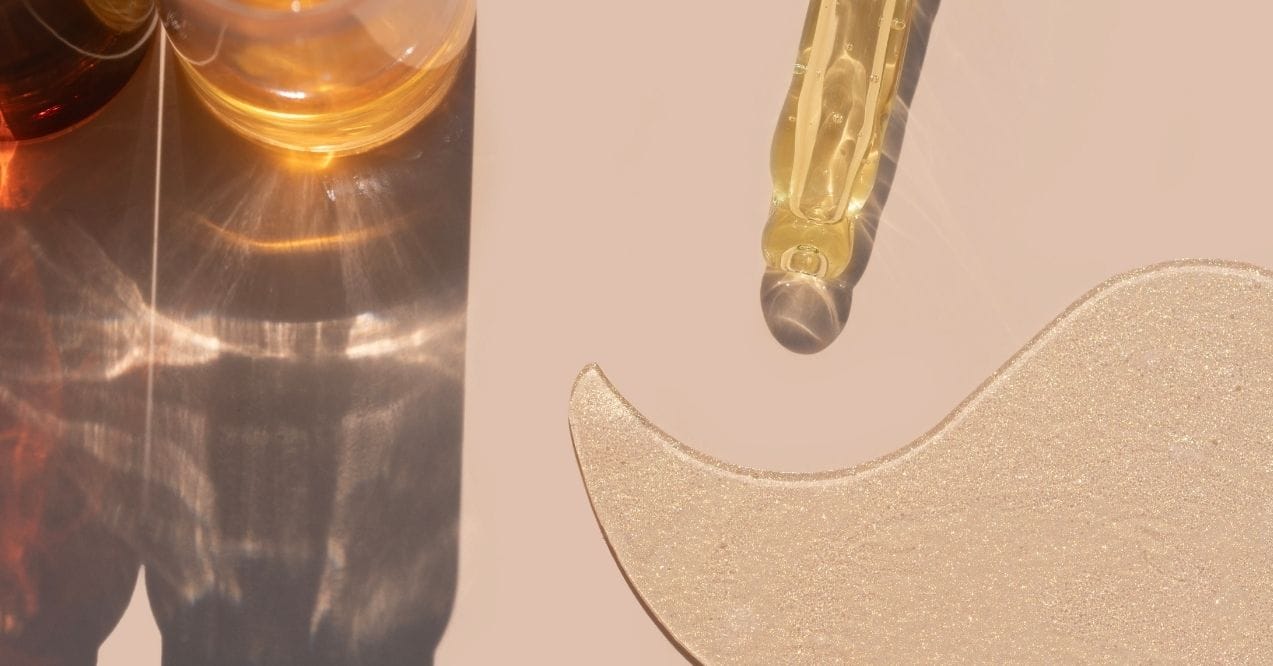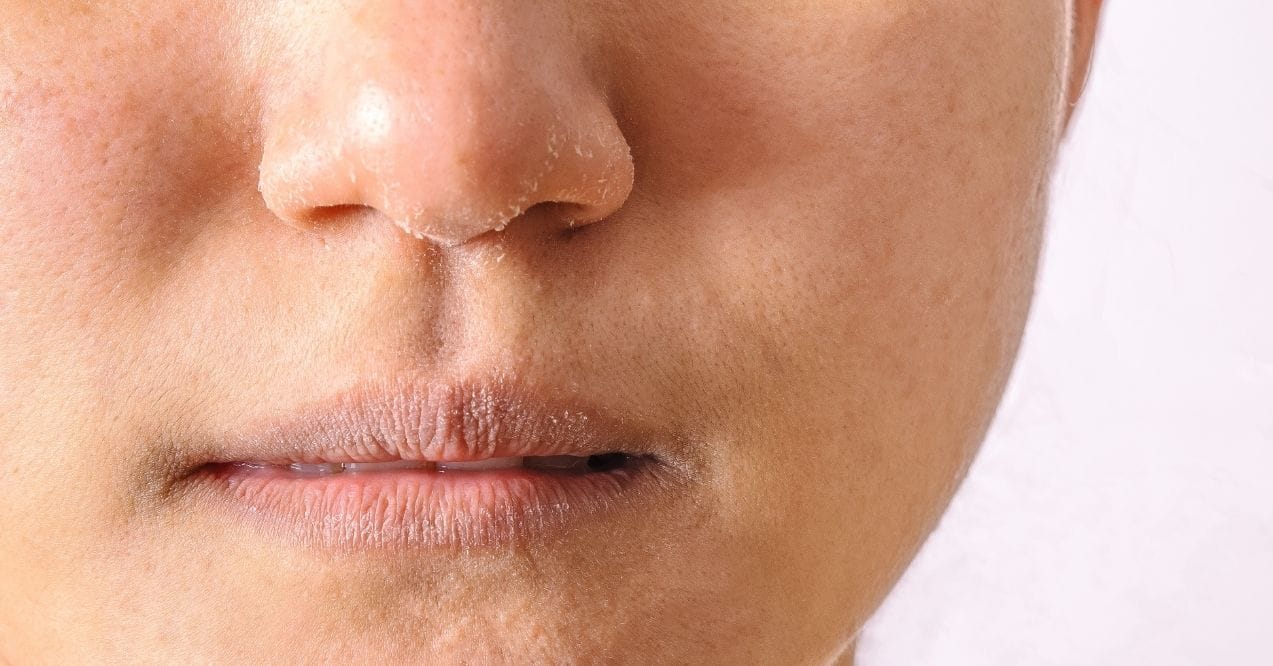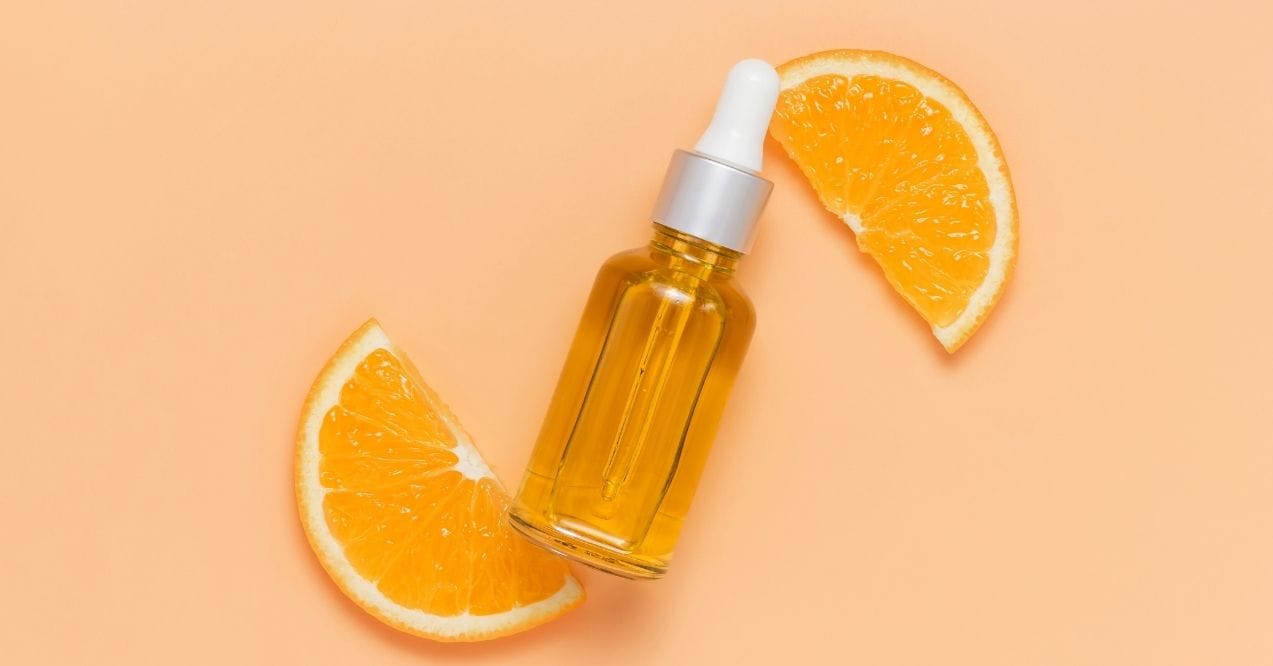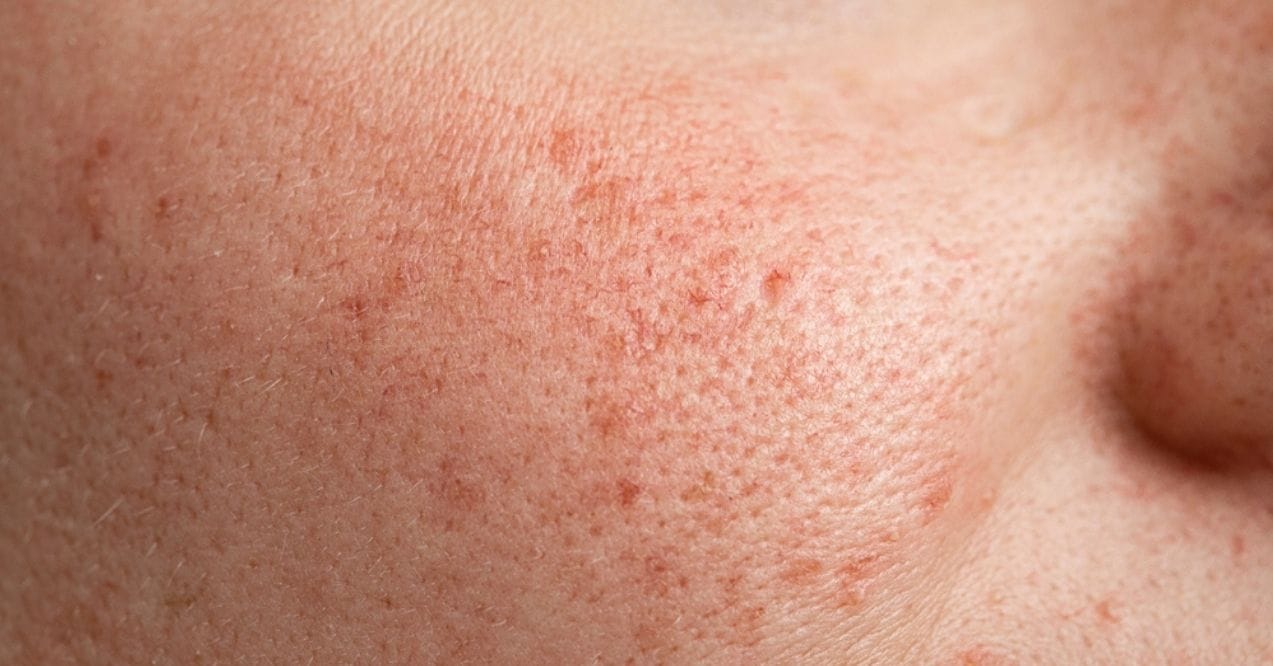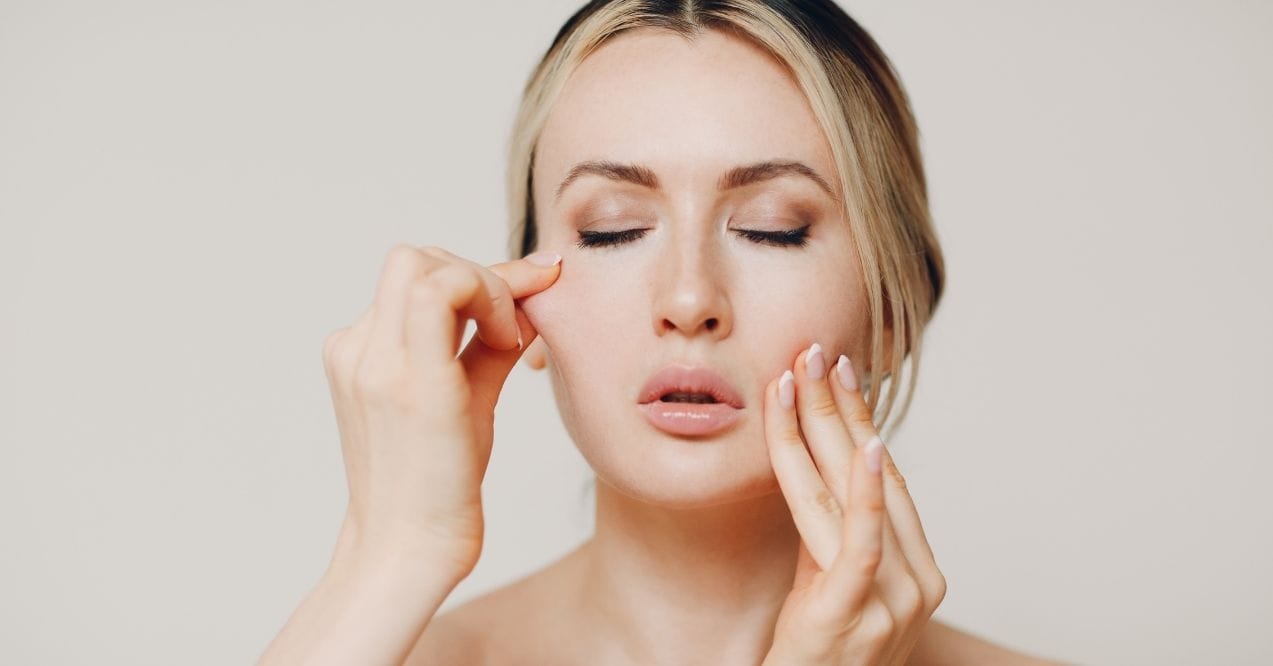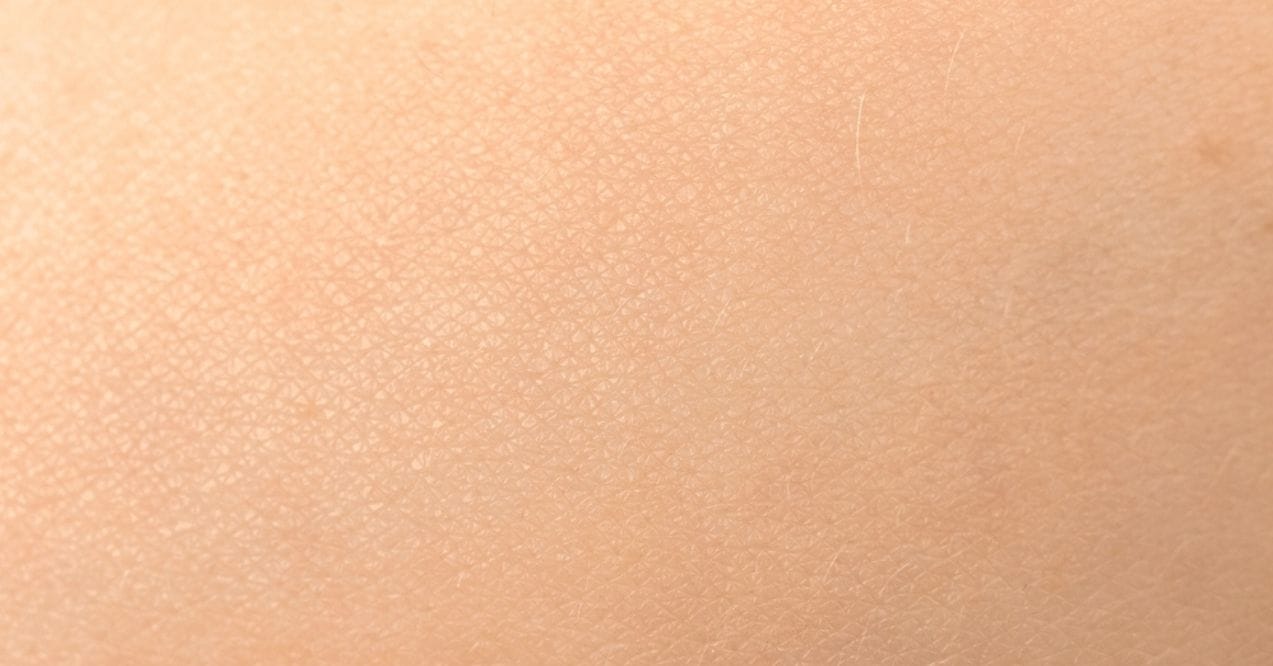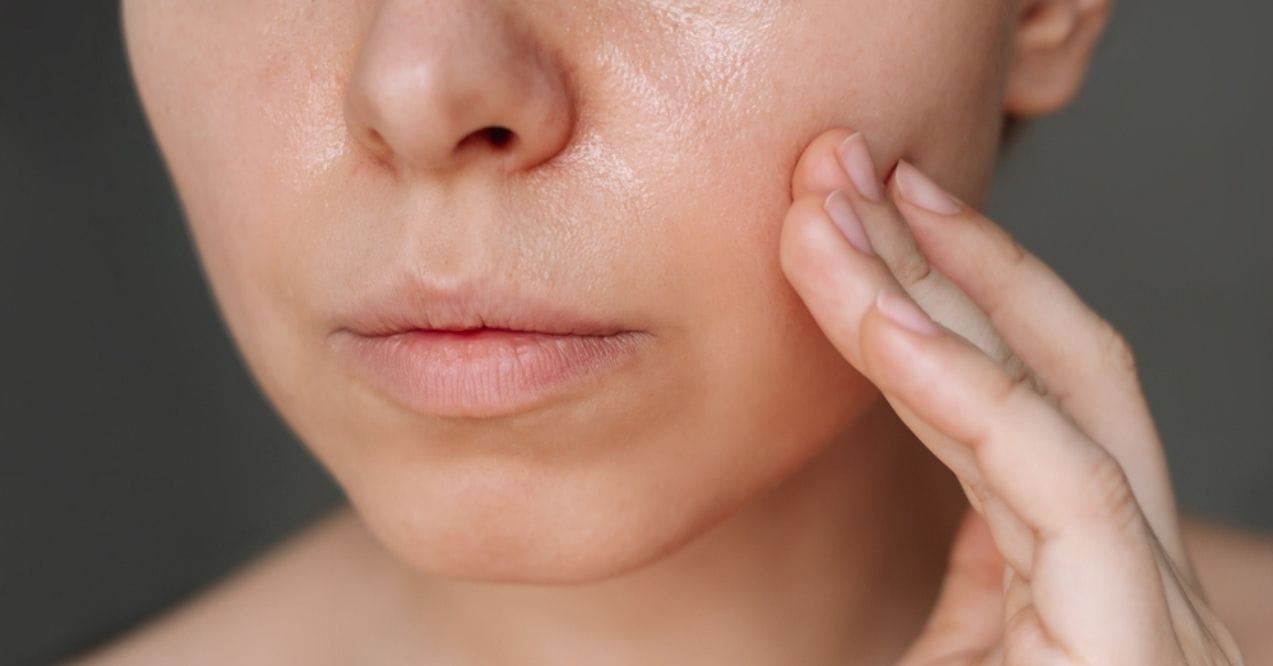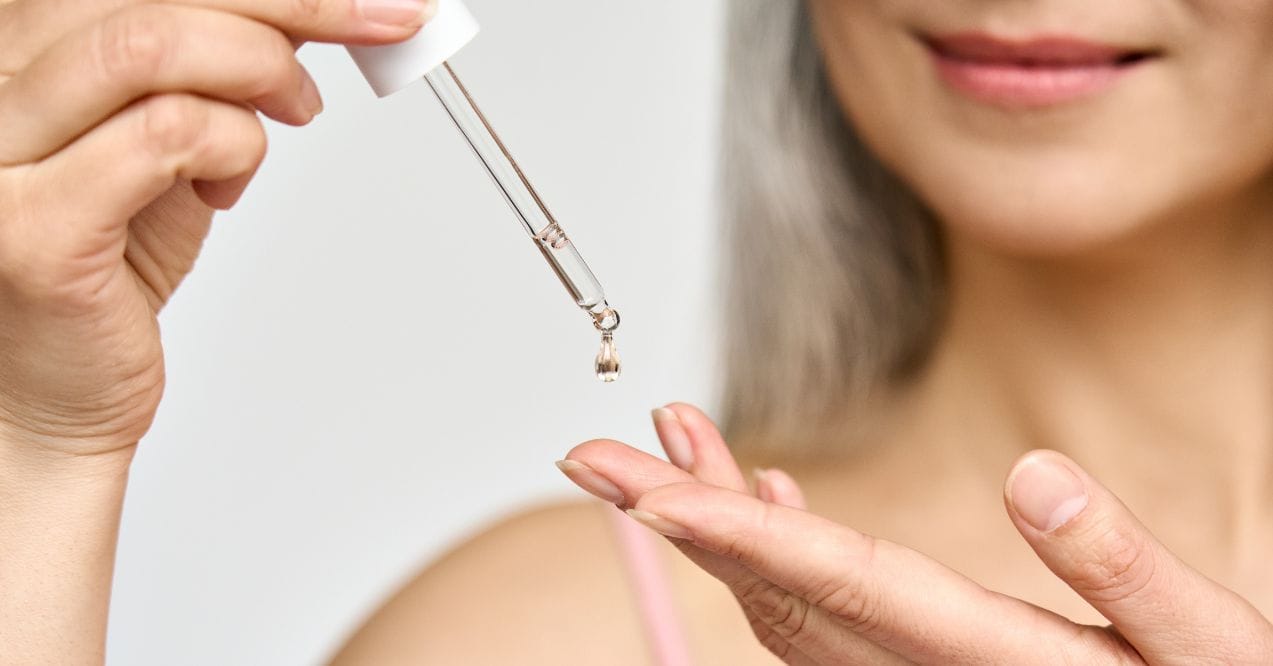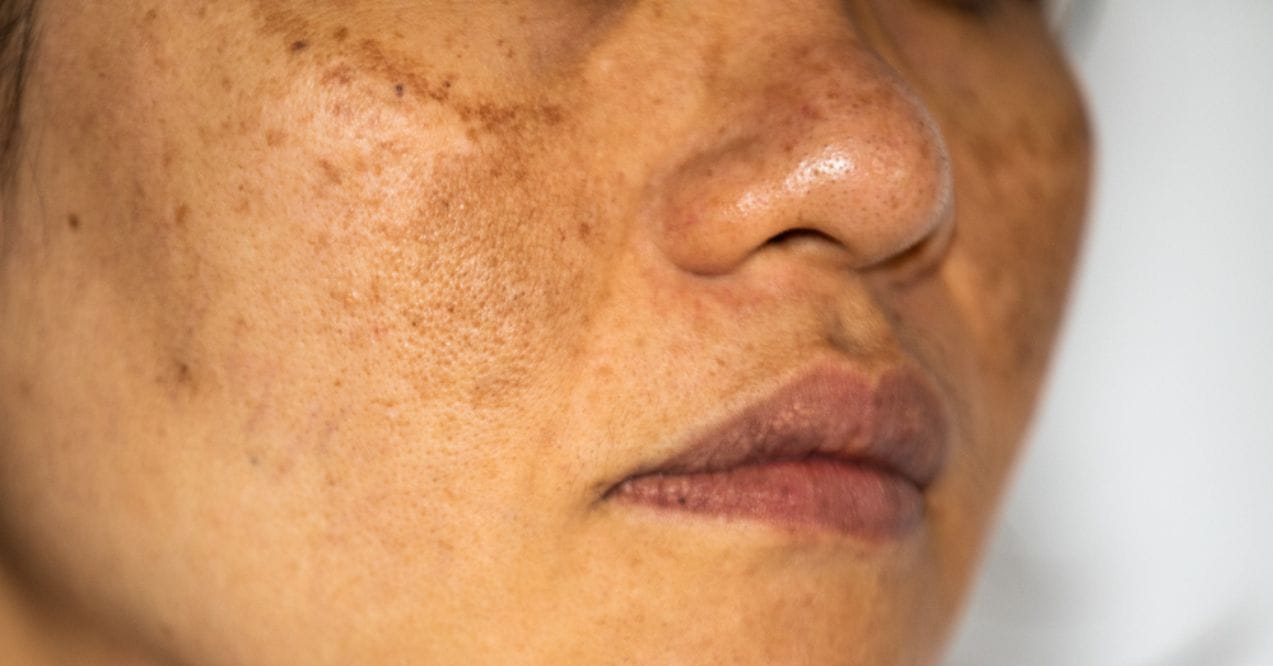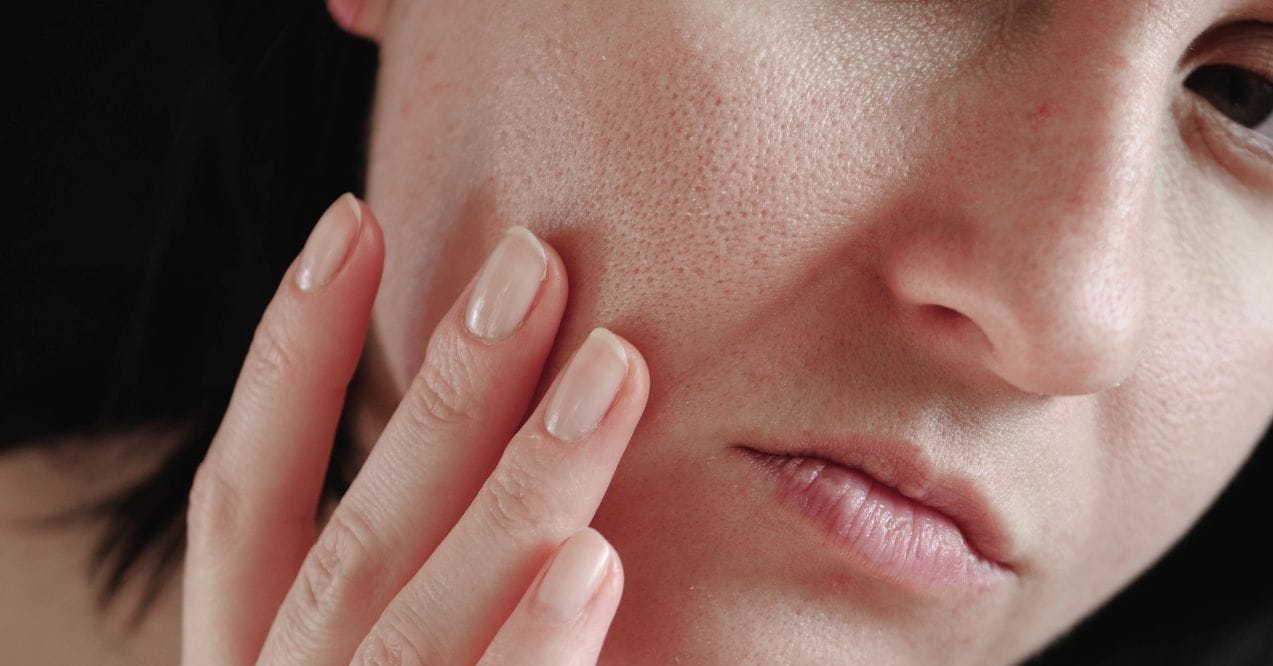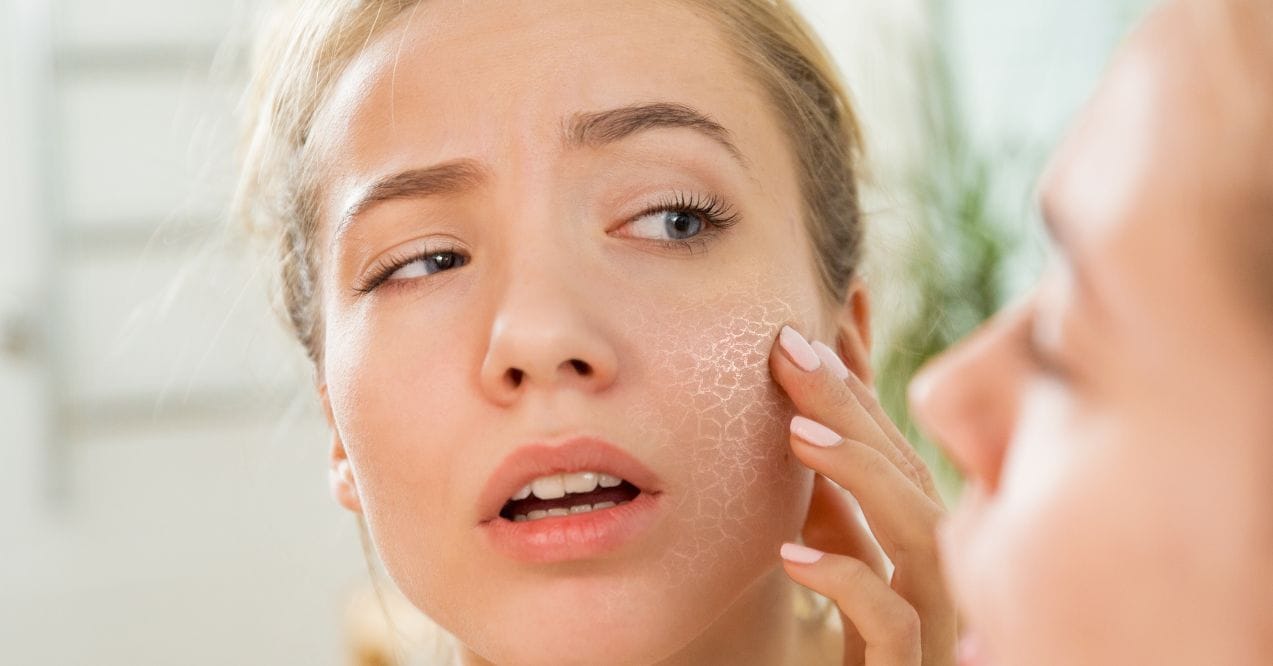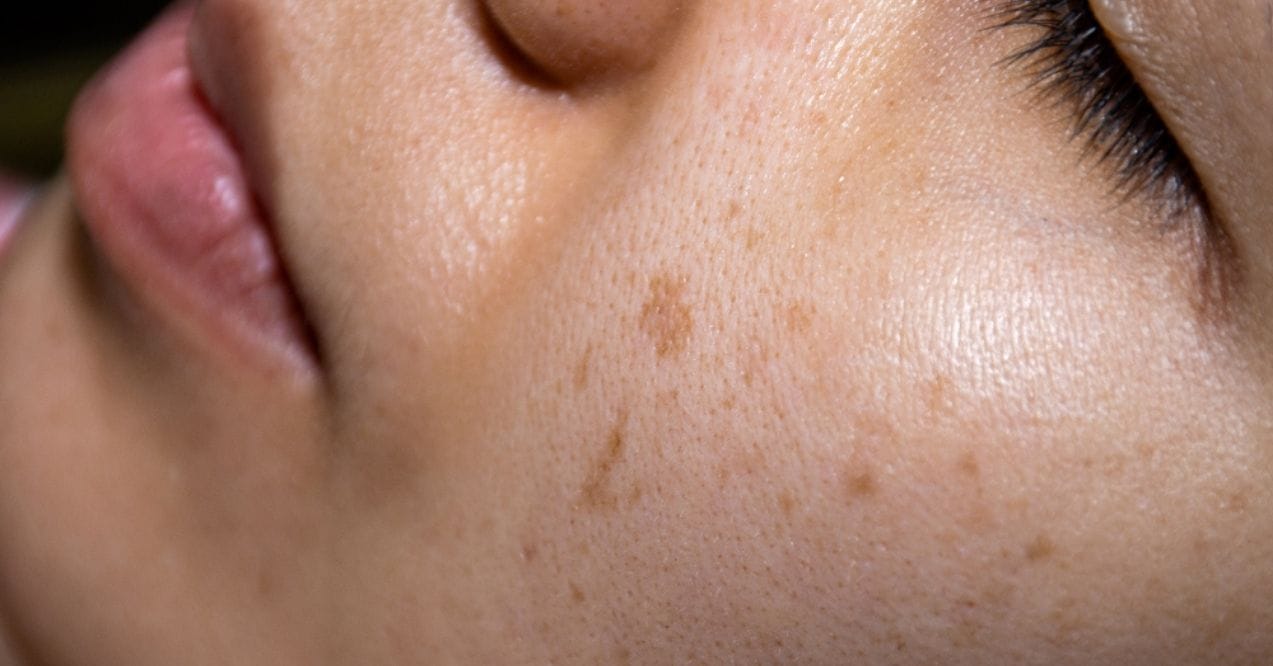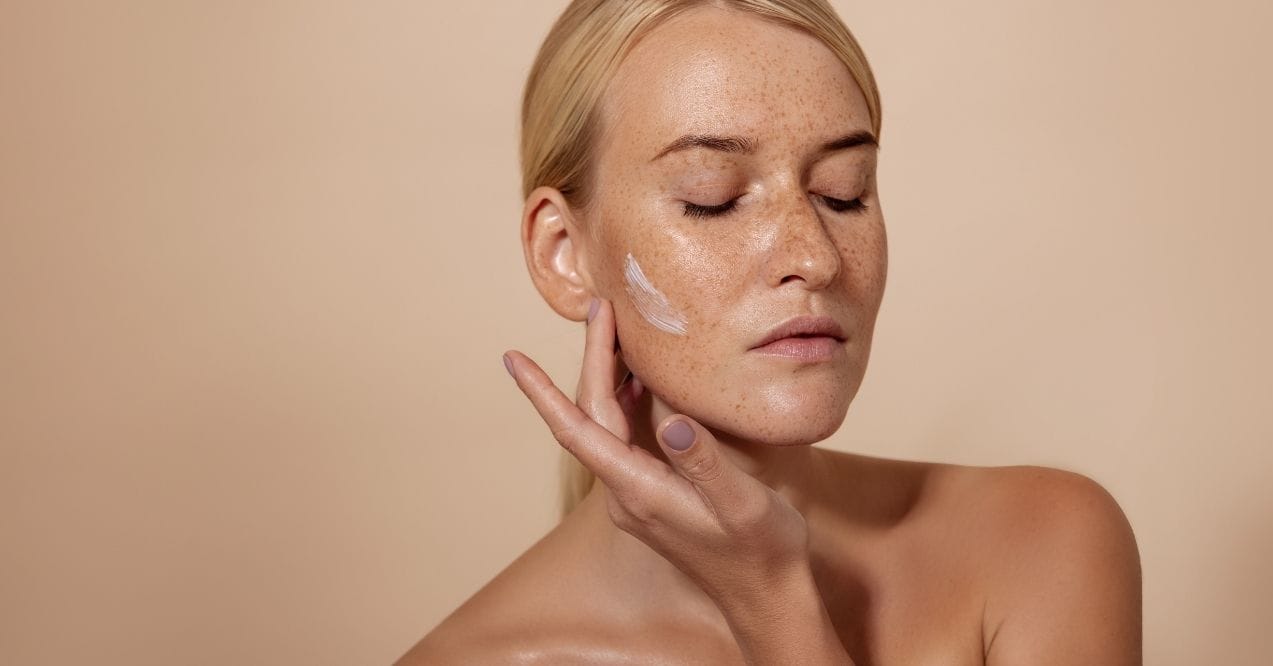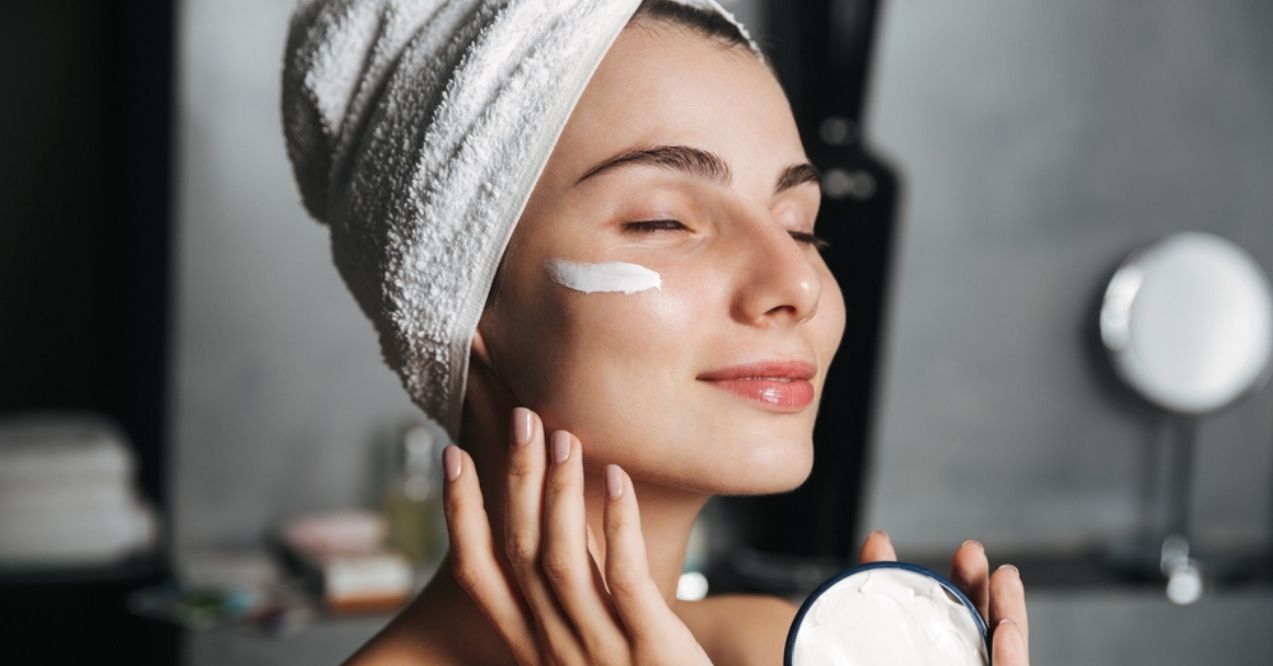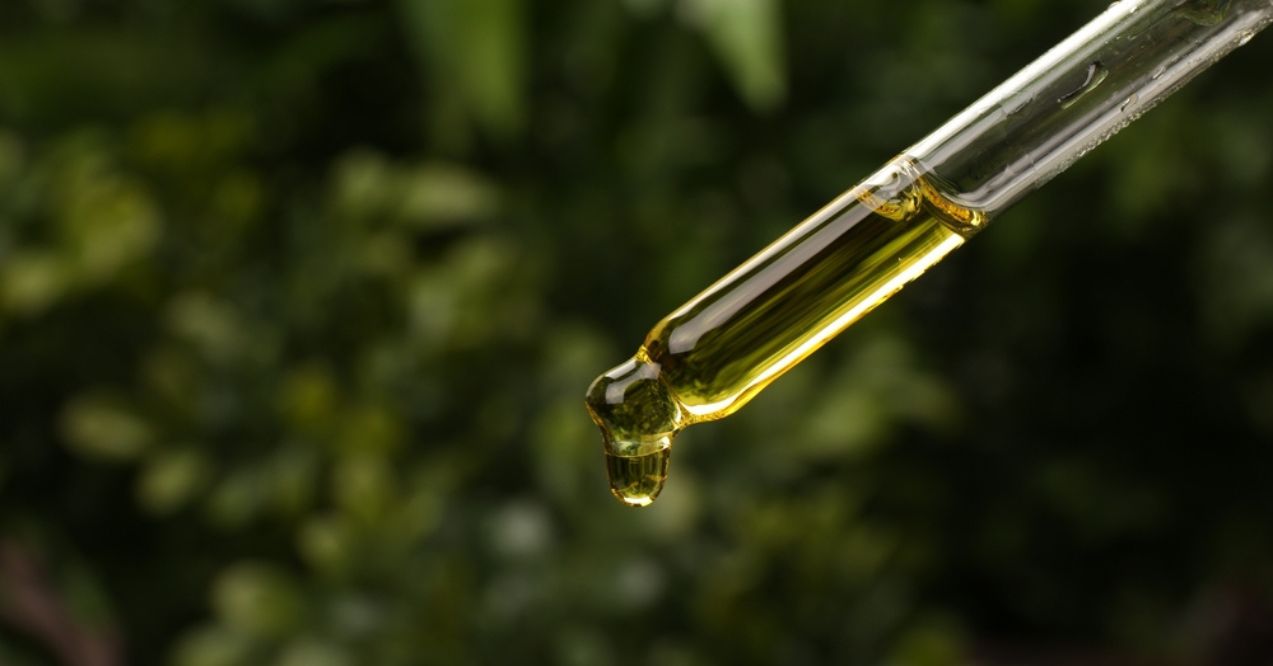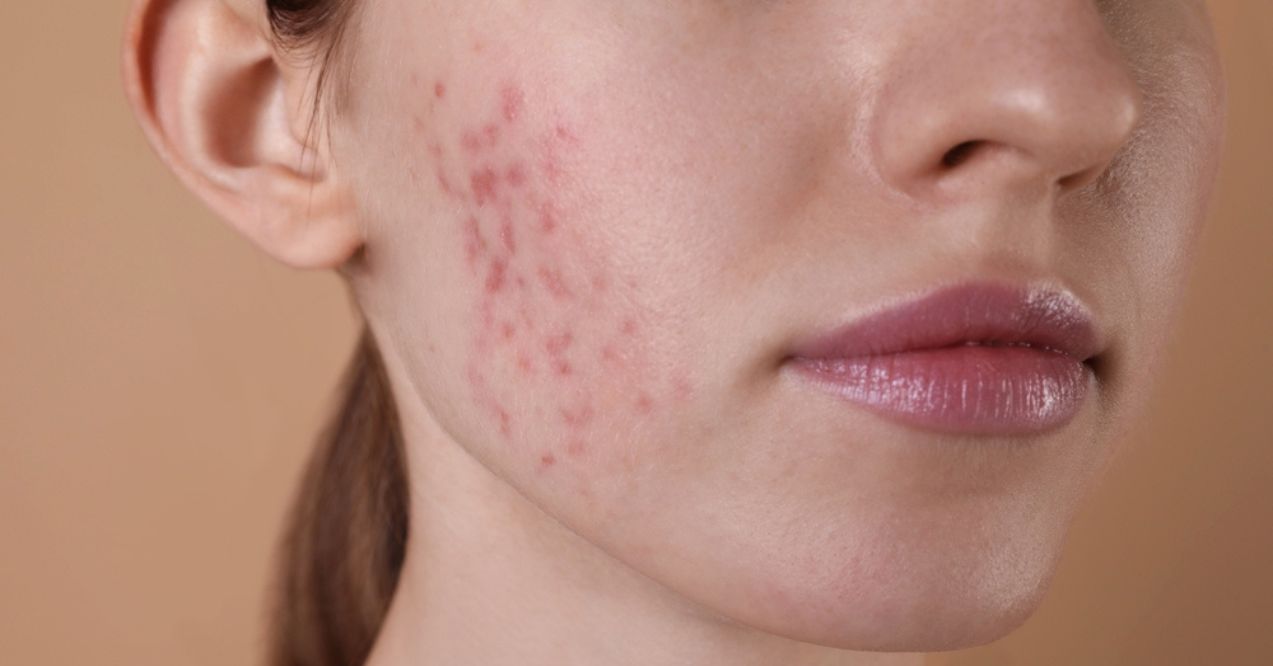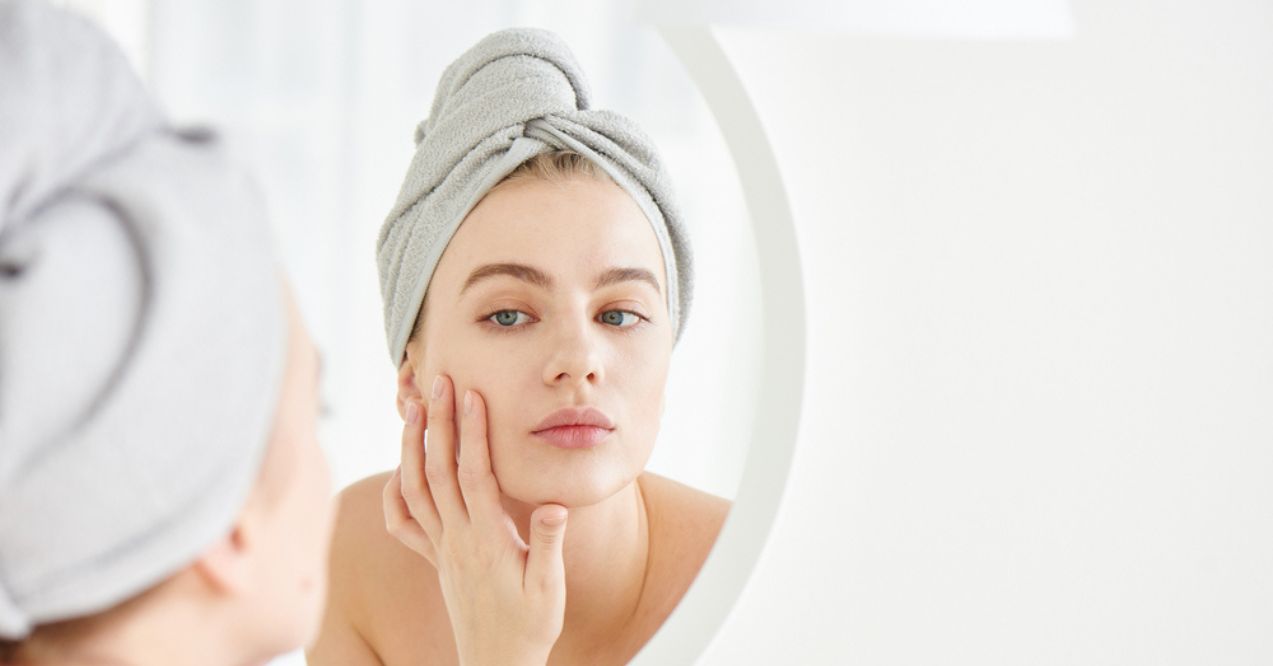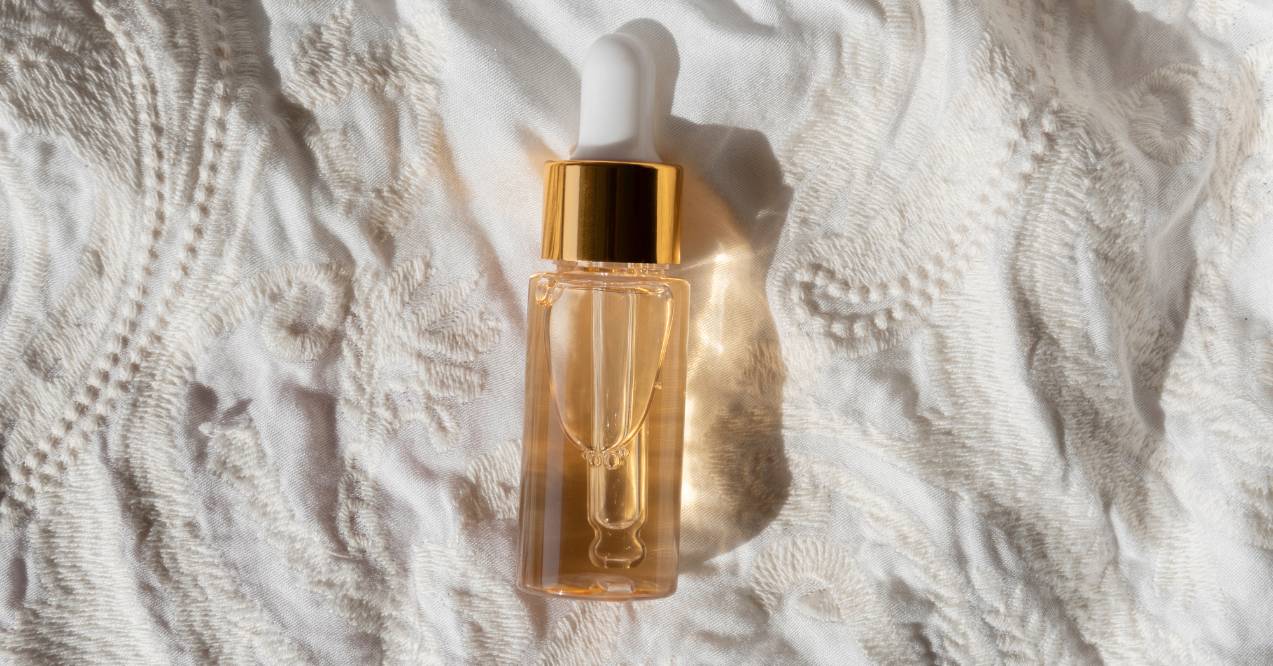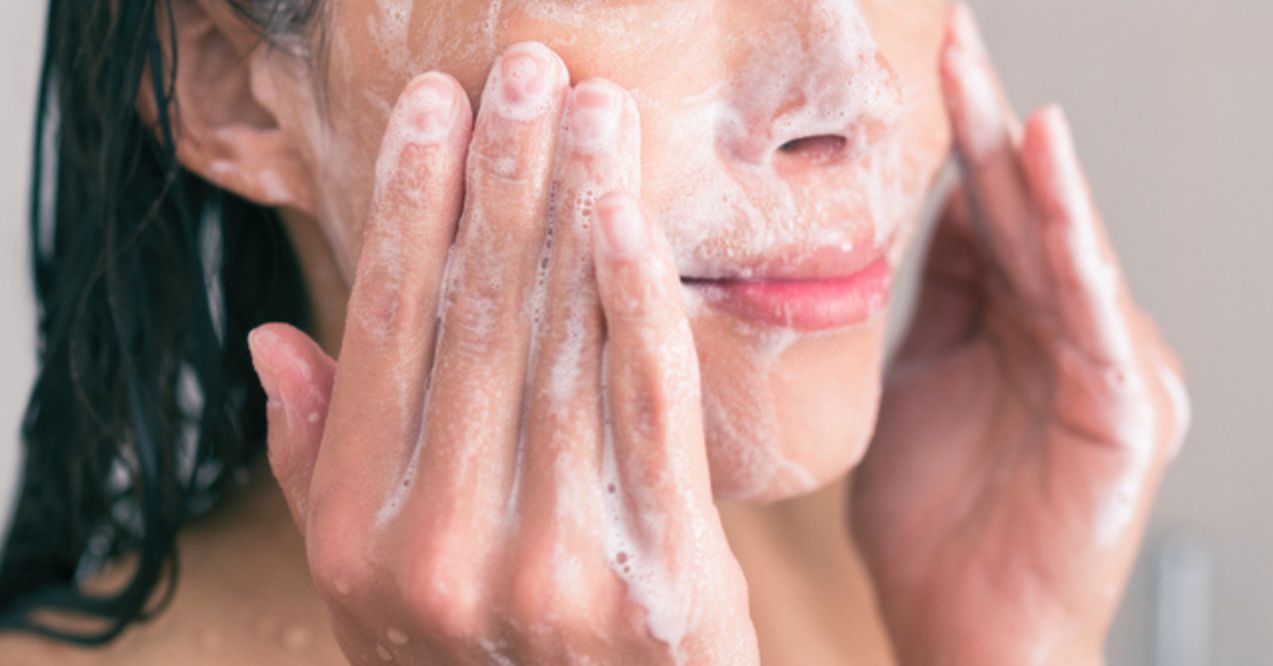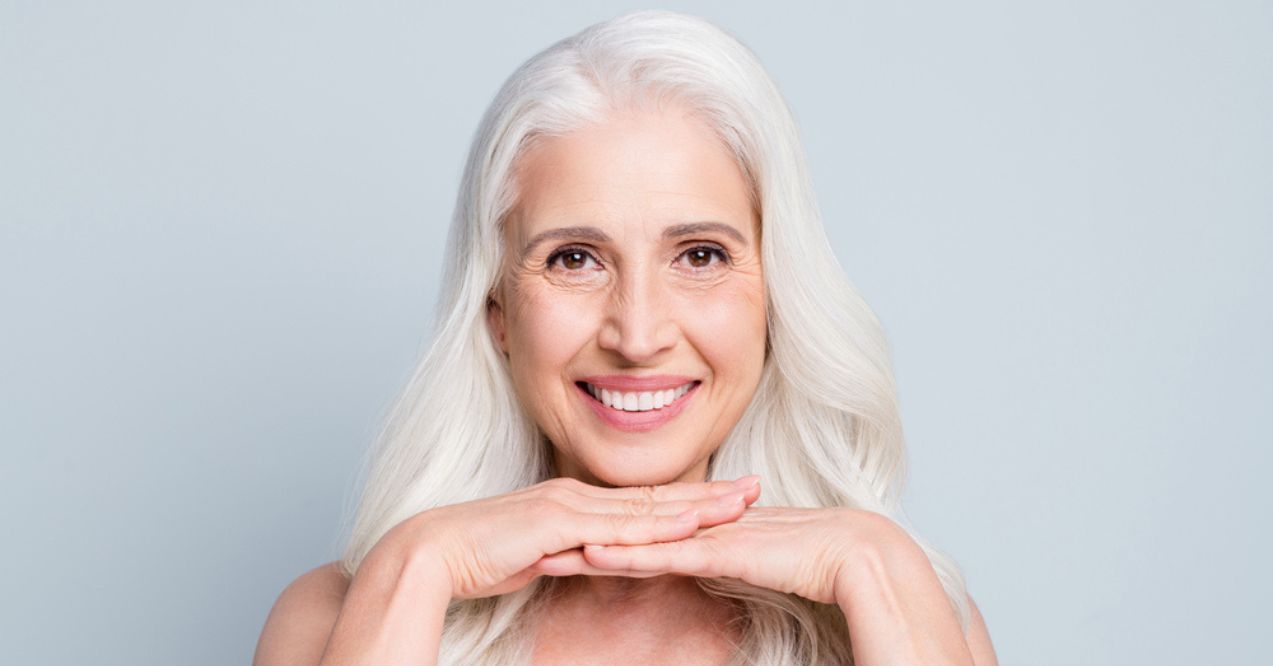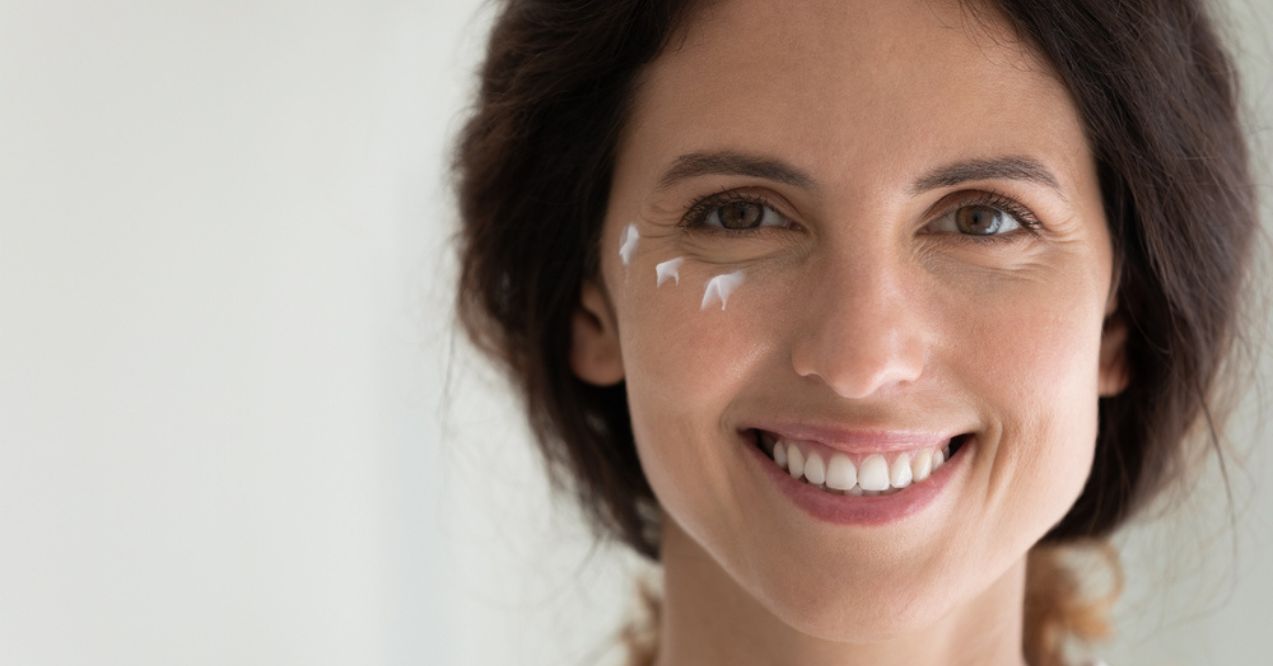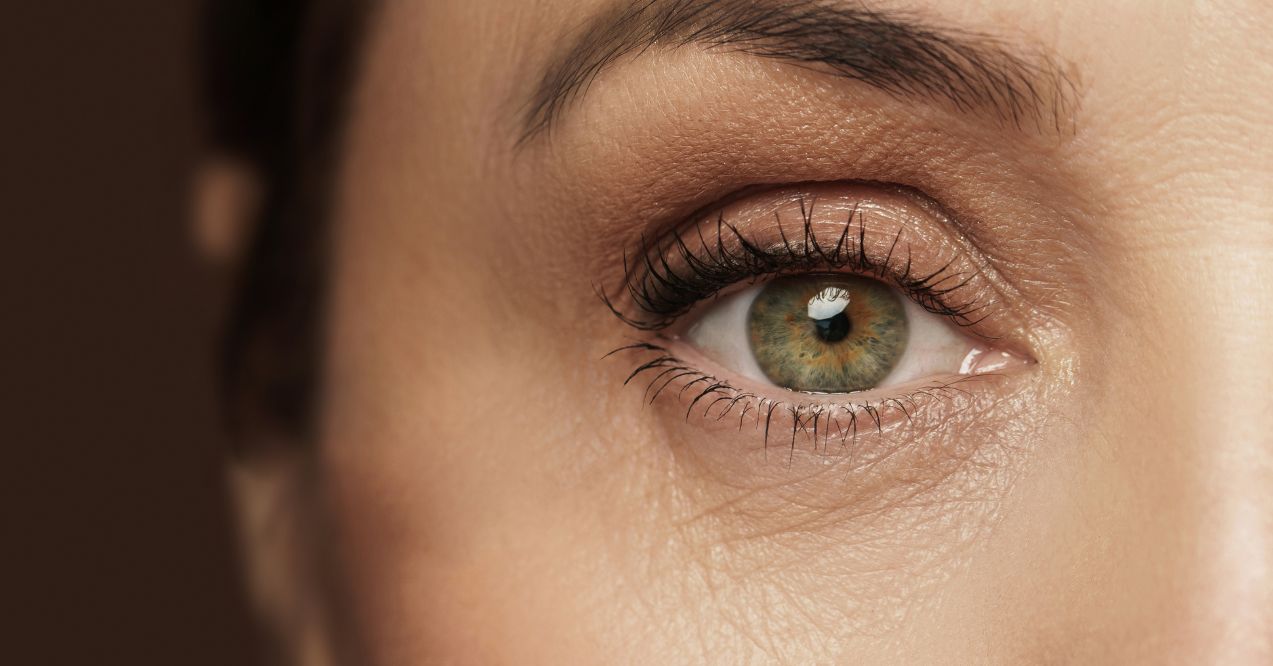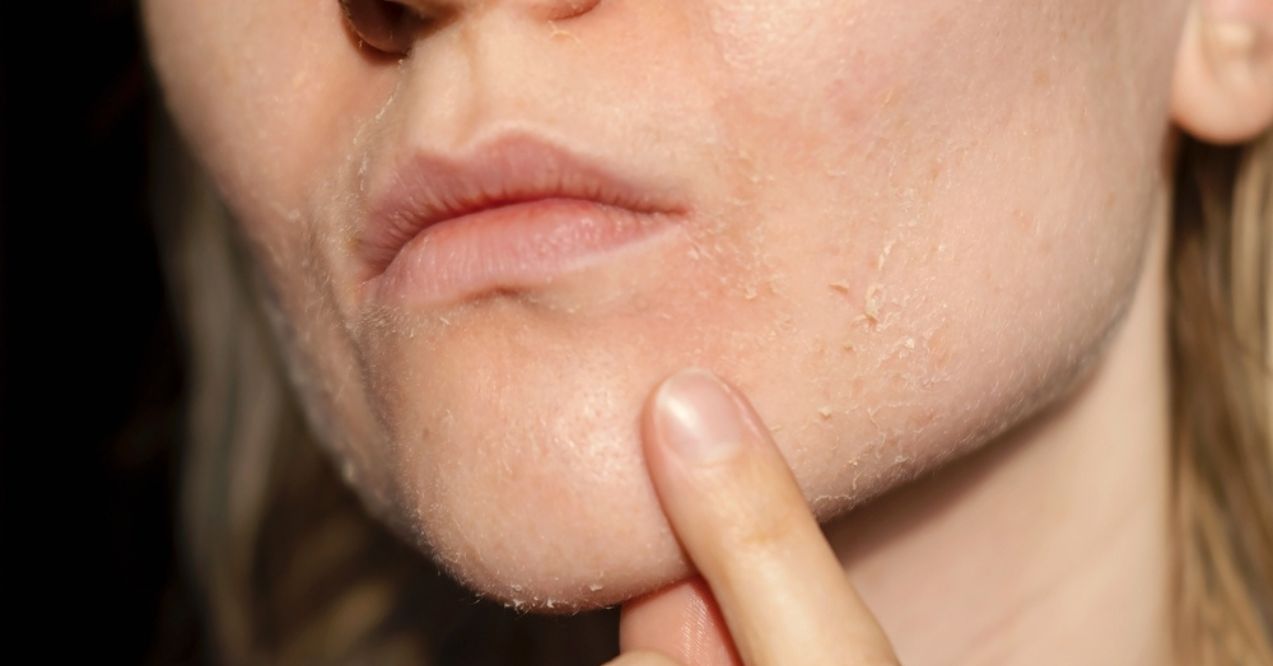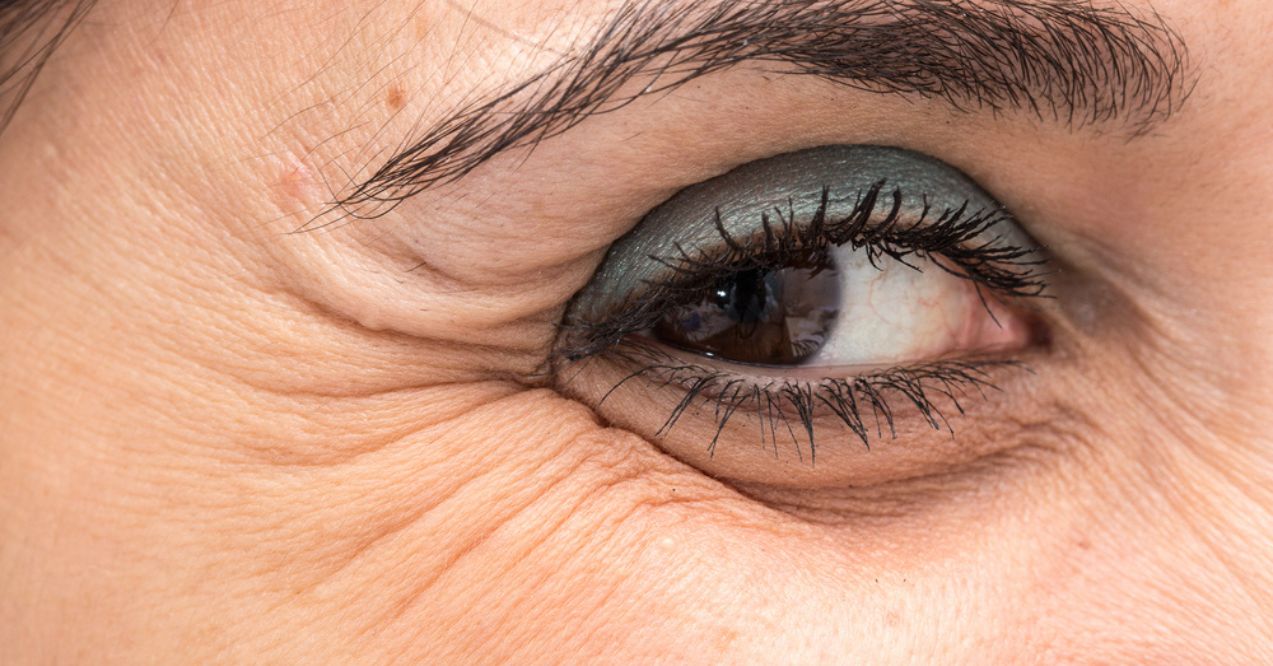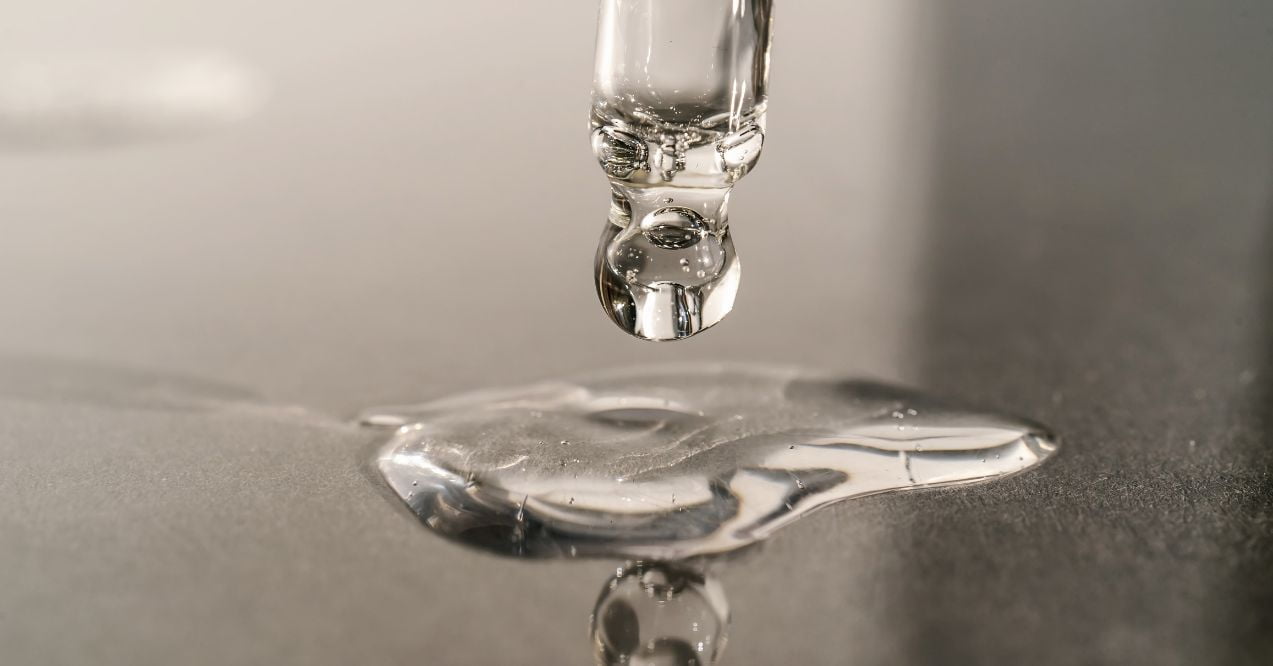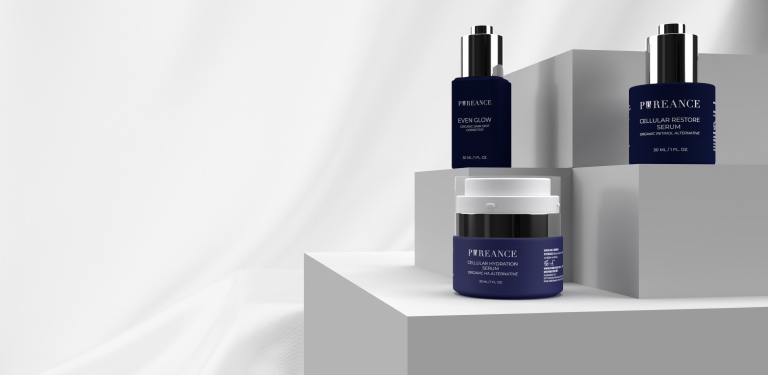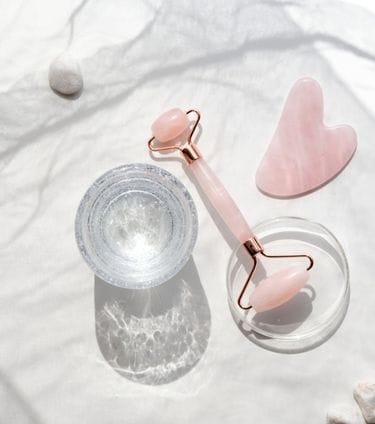
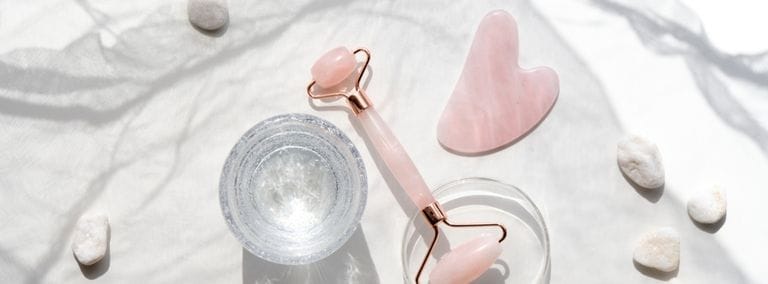

Hype or Helpful? Do Face Rollers Really Work?
Do face rollers work? This question has become increasingly common as these beauty tools have surged in popularity, capturing the attention of skincare enthusiasts everywhere. From Instagram influencers to celebrities, face rollers are everywhere, promising everything from enhanced circulation to a brighter complexion. But with such widespread acclaim comes an inevitable wave of skepticism. Are these claims backed by science, or are face rollers just another fleeting beauty trend?
In this post, we’ll delve into the world of face rollers, examining their origins, purported benefits, and the scientific evidence behind their use. Let’s separate fact from fiction and determine whether face rollers are worth incorporating into your skincare regimen.
Key Article Findings
- Face rollers can temporarily improve circulation, giving the skin a brighter, more vibrant appearance.
- They may help reduce puffiness through gentle lymphatic drainage, though the effects are usually short-lived.
- There is limited scientific evidence to support claims that face rollers significantly enhance skincare product absorption.
- Face rollers are effective for stress relief and relaxation, making them a beneficial addition to self-care routines.
The Face Roller Phenomenon
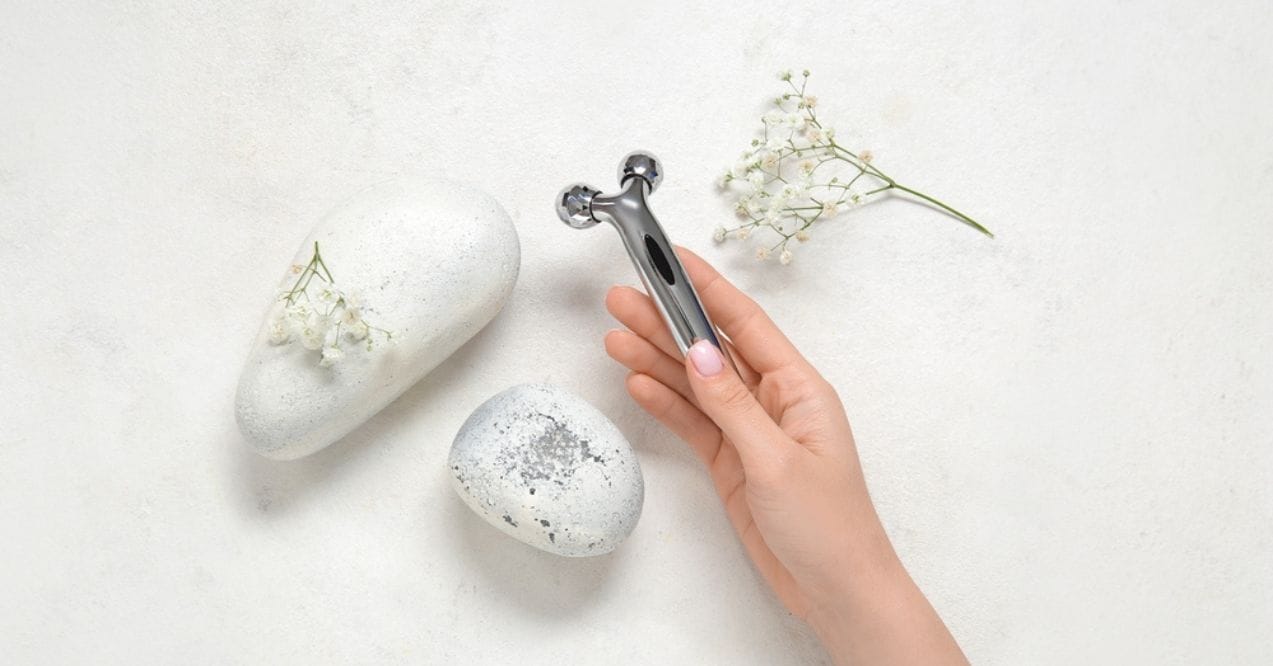
Face rollers have swiftly become a staple in skincare routines, but their origins go far beyond current trends. This phenomenon has been fueled by a combination of cultural traditions, social media influence, and the increasing popularity of holistic beauty practices. But as their popularity soars, many are left wondering: do face rollers actually work?
Origins and Cultural Significance
The practice of face rolling dates back to ancient Chinese beauty rituals, where jade rollers were commonly used to enhance the complexion. Jade, believed to have protective and healing properties, was traditionally used to promote smoother, more youthful skin. These practices laid the groundwork for the modern use of face rollers in skincare.
Recent Surge in Popularity
In recent years, face rollers have experienced a resurgence, largely driven by social media platforms like Instagram. Influencers and celebrities have embraced this tool, showcasing it as an essential part of their beauty routines. These endorsements have propelled face rollers into mainstream popularity, making them a must-have for many skincare enthusiasts.
Types of Face Rollers
Today, face rollers come in various materials, each with distinct features. Jade rollers, known for their cool touch, remain a popular choice. Rose quartz rollers, often associated with love and harmony, are also widely used. Amethyst rollers, valued for their calming properties, and metal rollers, known for their durability and cooling effect, offer alternative options for those looking to personalize their skincare routine.
Claimed Benefits: Separating Fact from Fiction
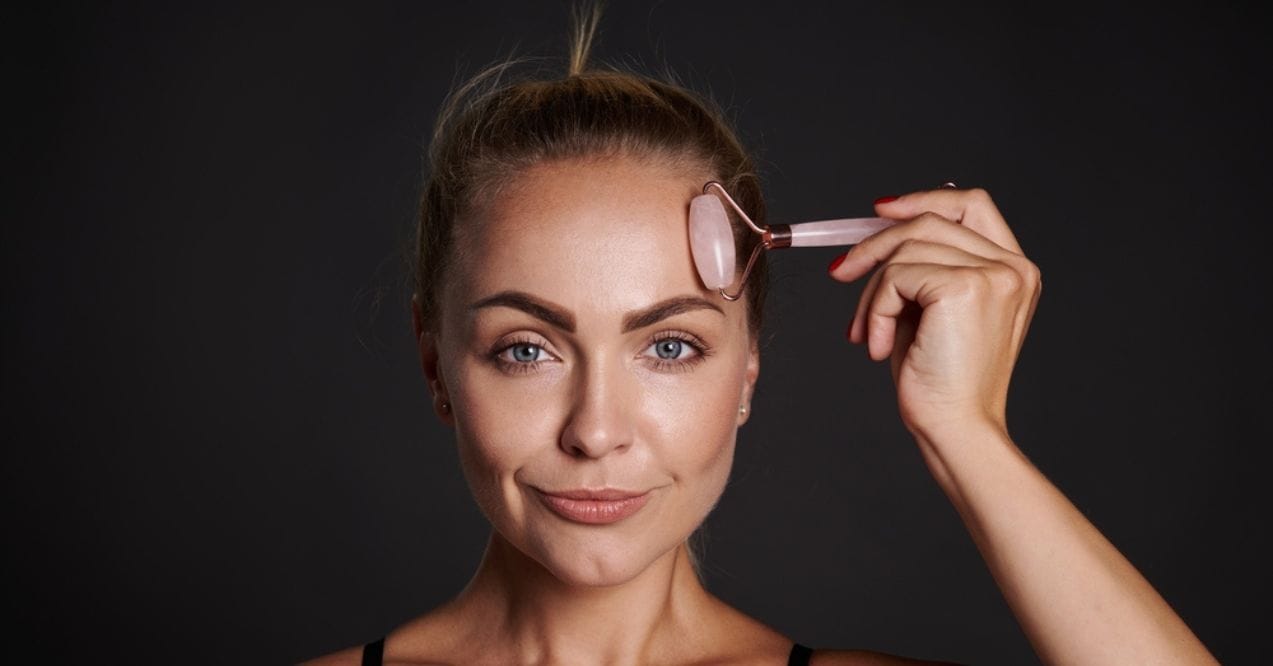
Face rollers are often marketed with a wide range of benefits, from improving circulation to enhancing product absorption. But do face massage rollers work as advertised? This section delves into the most common claims associated with face rolling, exploring the evidence – or lack thereof – behind them.
Improved Circulation
One of the most frequently cited benefits of face rolling is improved circulation. The idea is that the gentle massage provided by the roller can stimulate blood flow to the skin, giving it a temporary glow. In the short term, this increased blood flow can lead to a brighter, more vibrant complexion. However, it’s essential to understand that these effects are typically temporary.
While facial massage can indeed boost circulation momentarily, there is little evidence to suggest that face rollers can produce significant long-term changes in skin health. Additionally, it’s important to note that claims about “toxin removal” through improved circulation are not scientifically supported. The body’s natural detoxification systems, primarily the liver and kidneys, handle this process effectively.
Lymphatic Drainage and Depuffing
Face rollers are also promoted as tools for lymphatic drainage, a process that helps reduce fluid retention and puffiness, particularly around the eyes. The lymphatic system plays a crucial role in maintaining fluid balance and immune function.
By gently massaging the face in specific directions, some users believe that face rollers can help stimulate lymphatic flow, thereby reducing swelling and giving the face a more sculpted appearance. Although there may be some visible reduction in puffiness, the effects are typically modest and short-lived.
Product Absorption Enhancement
One popular claim is that face rollers enhance skincare product absorption. The theory suggests that the rolling motion helps push products deeper into the skin. While this idea is intriguing, substantial scientific evidence supporting increased penetration is lacking. However, face rolling may contribute to more even product distribution across the skin’s surface, potentially improving overall application consistency.
Stress Relief and Relaxation
Beyond potential physical benefits, face rollers are also often praised for their role in stress relief and relaxation. The act of slowly rolling a cool, smooth stone over the skin can create a calming sensory experience, helping to reduce facial tension and promote a sense of well-being. This can be particularly valuable within mindfulness or self-care routines, offering a quiet moment of relaxation.
For many, the practice of face rolling is less about tangible skincare results and more about the ritual itself. So, do face rollers really work for stress relief and relaxation? For many, the answer is yes, as it provides a simple way to relax and focus on self-care.
The Science Behind Face Rolling
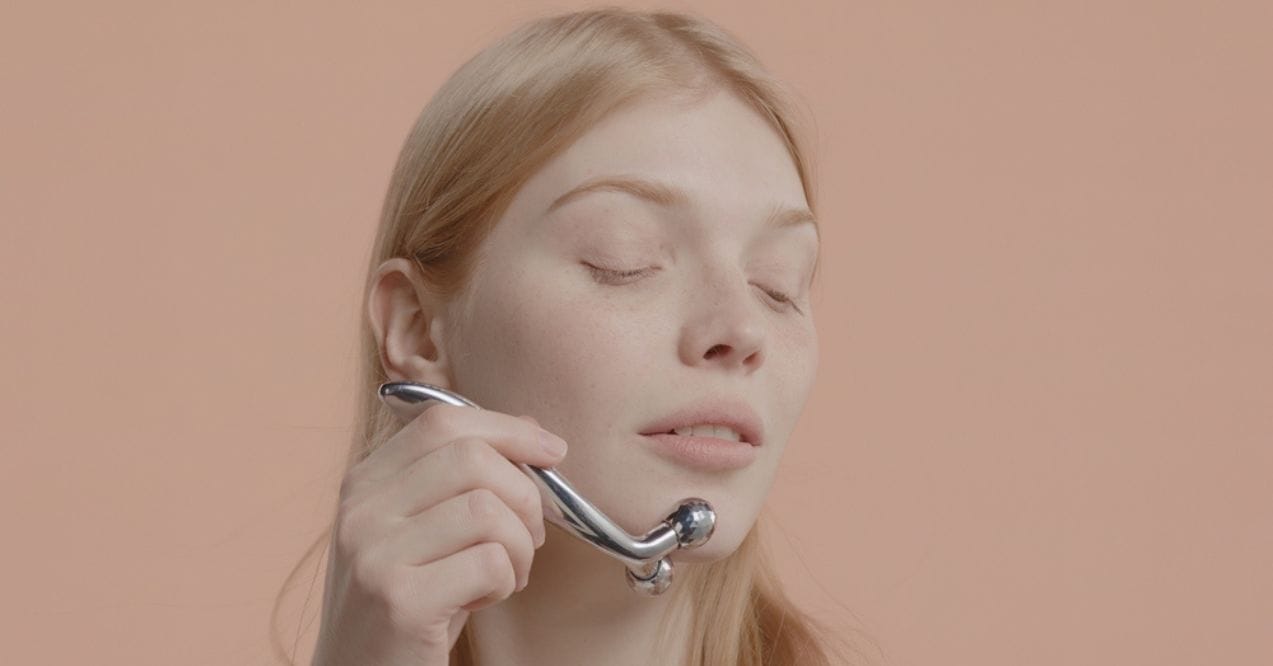
Do face rollers work according to scientific research? According to A. Miyaji research (2018), face rolling can lead to short-term increases in blood flow, which may temporarily enhance skin appearance and provide a mild tightening effect due to cold therapy.
However, these effects are generally fleeting. Massage, including face rolling, has been shown to reduce facial muscle tension, which can contribute to a more relaxed appearance. However, when it comes to anti-aging, the evidence is limited. While some users hope for long-term benefits, such as wrinkle reduction, the research is still inconclusive.
Hype, Helpful, or Somewhere in Between?
So, do face rollers work? While they may not deliver dramatic, long-term changes in skin health, face rollers can offer temporary benefits like improved circulation, reduced puffiness, and enhanced relaxation.
These tools are particularly effective for promoting a moment of self-care and relaxation, which can contribute to a more vibrant complexion in the short term. Incorporating a face roller into your skincare routine can be a pleasant addition, especially if you value the ritualistic and soothing aspects of skincare.
For optimal results, use a face roller 3 to 4 times a week. Consistent use may help with temporary improvements in circulation, puffiness reduction, and relaxation. However, long-term results are not guaranteed and vary by individual.
For those who wonder, do face rollers work for wrinkles? Face rollers may temporarily improve skin appearance by boosting circulation and reducing puffiness, but there’s little scientific evidence to support their long-term effectiveness in reducing wrinkles and fine lines. They are best used as a complementary skincare tool.
Using face rollers generally poses minimal risks, but potential side effects include skin irritation, especially if used with too much pressure or on sensitive skin. Always clean the roller to prevent bacterial buildup and avoid use on broken skin.
This site offers health, wellness, fitness and nutritional information and is designed for educational purposes only. You should not rely on this information as a substitute for, nor does it replace, professional medical advice, diagnosis, or treatment. If you have any concerns or questions about your health, you should always consult with a physician or other health-care professional. Do not disregard, avoid or delay obtaining medical or health related advice from your health-care professional because of something you may have read on this site. The use of any information provided on this site is solely at your own risk.
Nothing stated or posted on this site or available through any services are intended to be, and must not be taken to be, the practice of medical or counseling care. For purposes of this agreement, the practice of medicine and counseling includes, without limitation, psychiatry, psychology, psychotherapy, or providing health care treatment, instructions, diagnosis, prognosis or advice.
